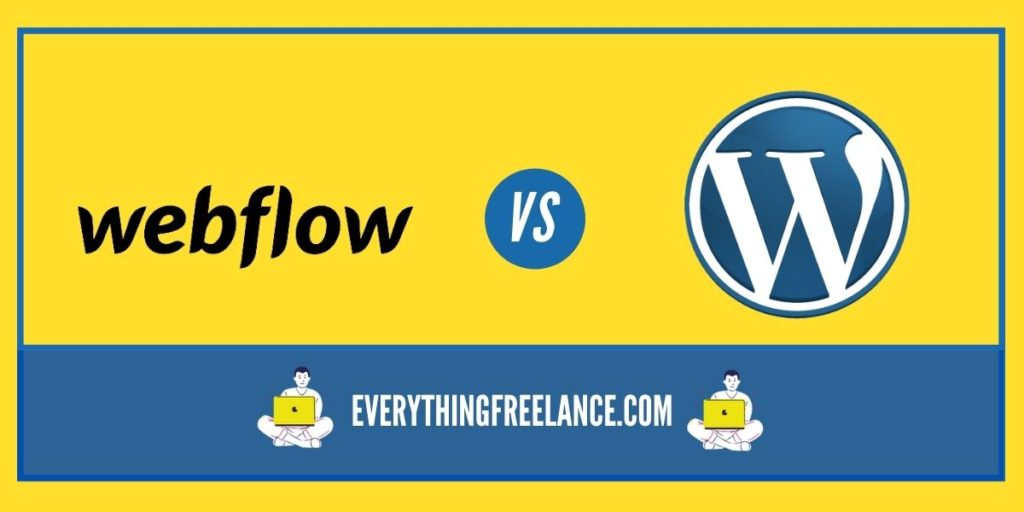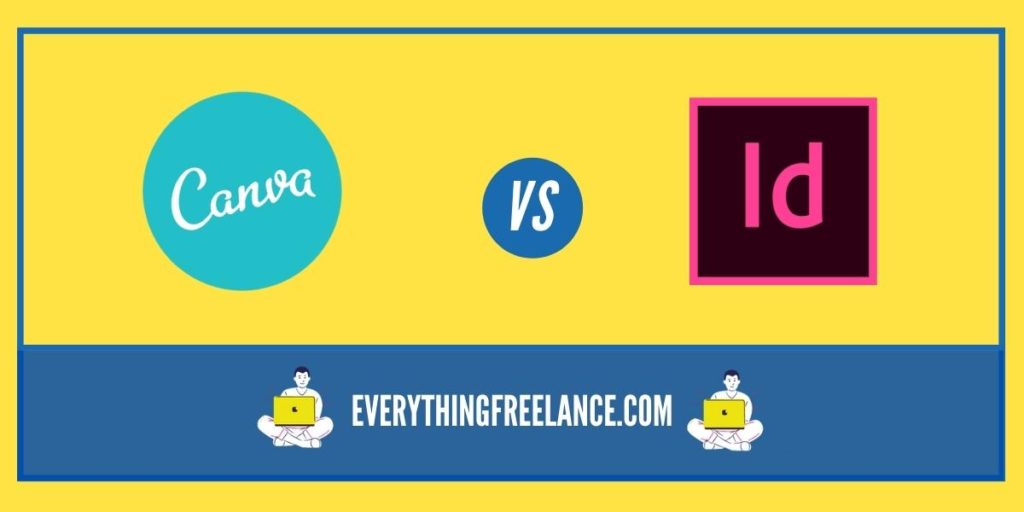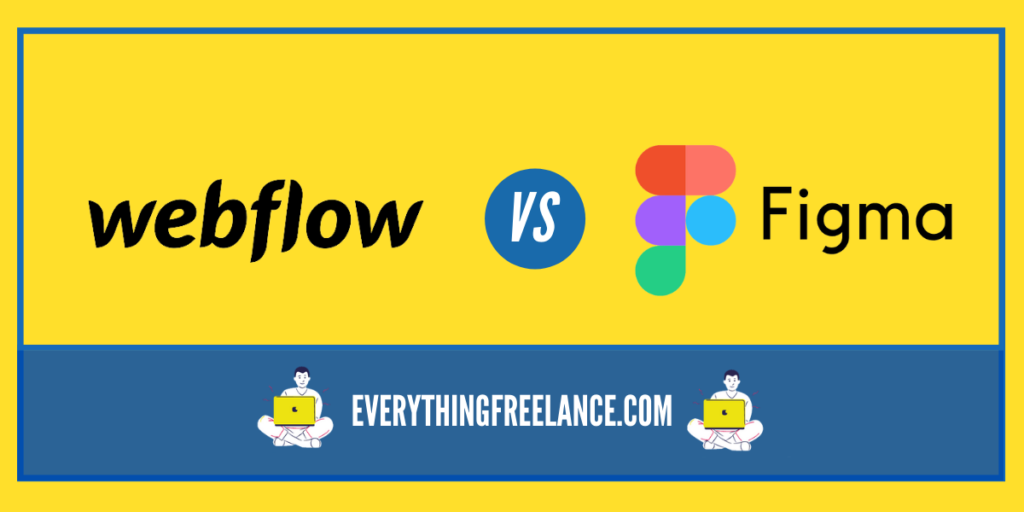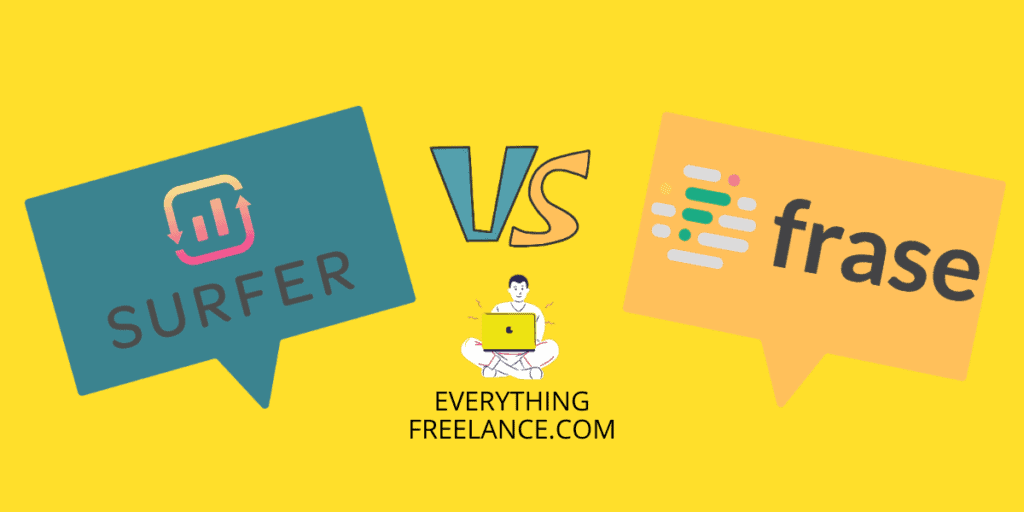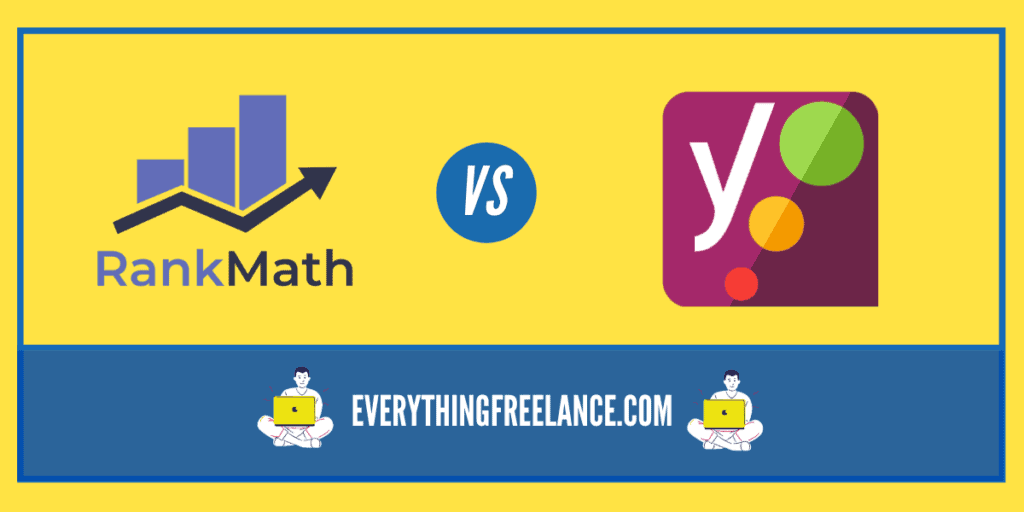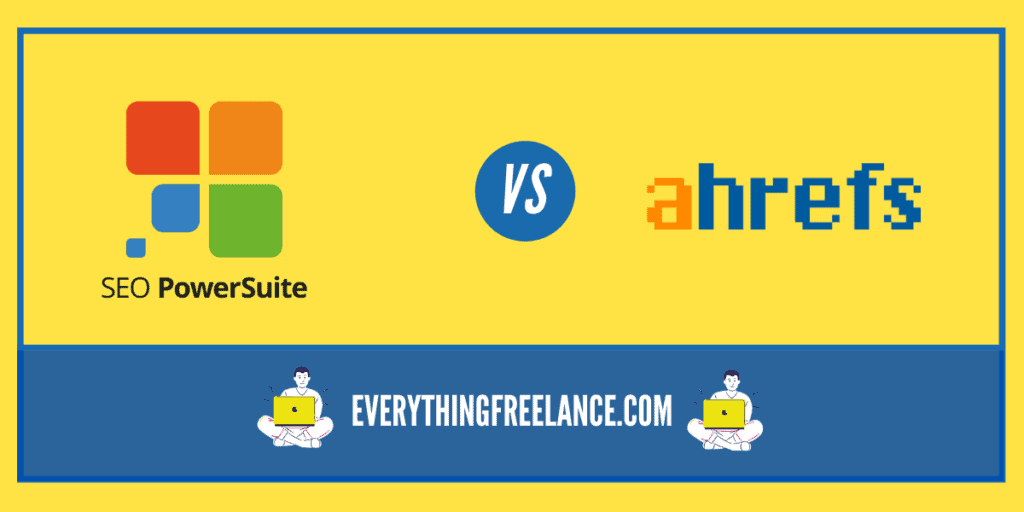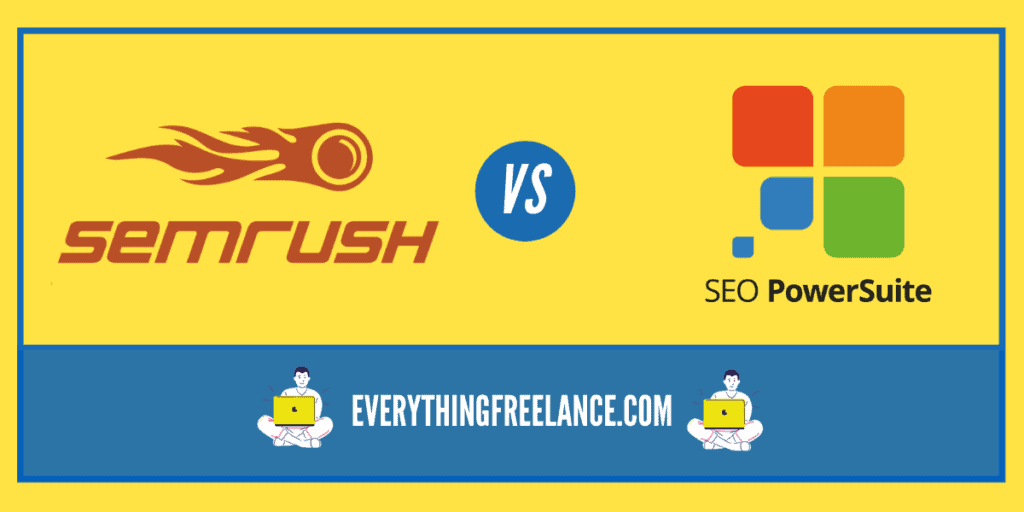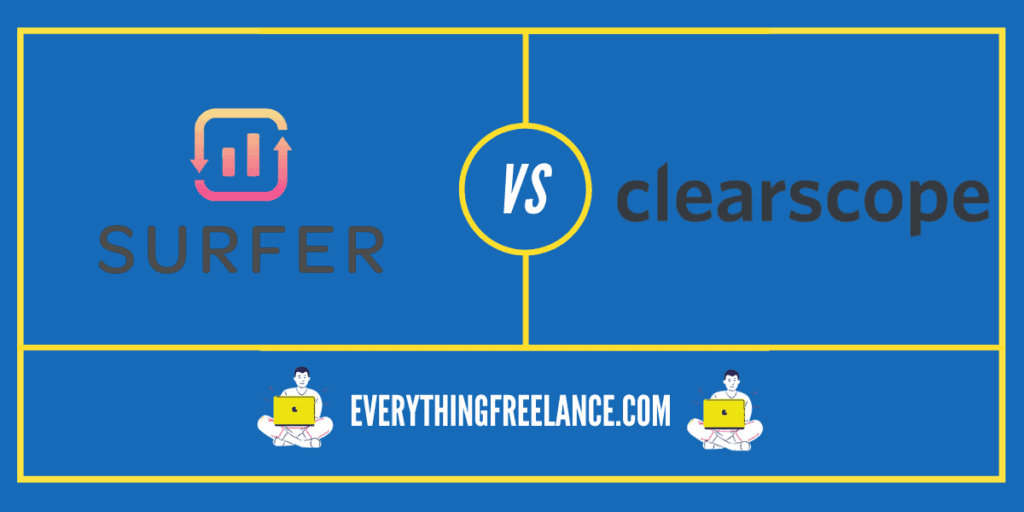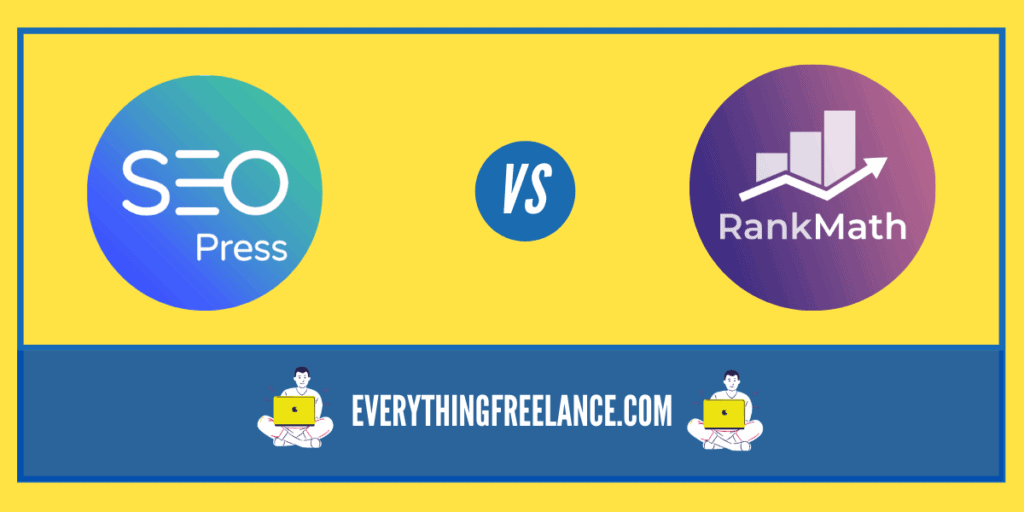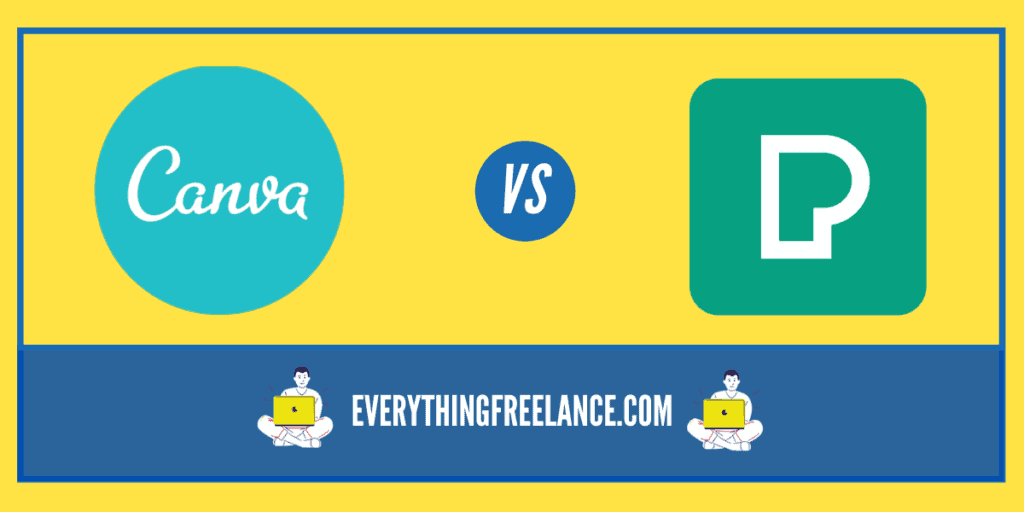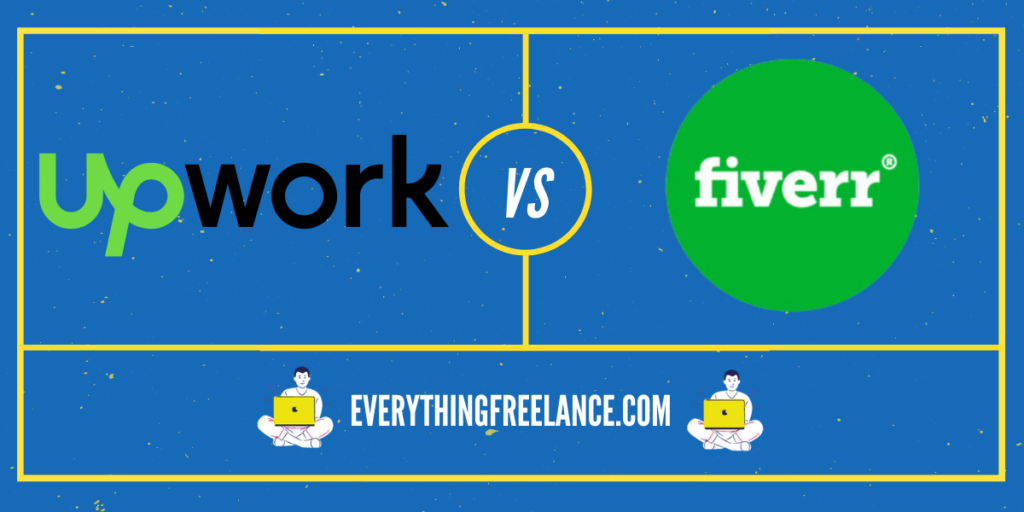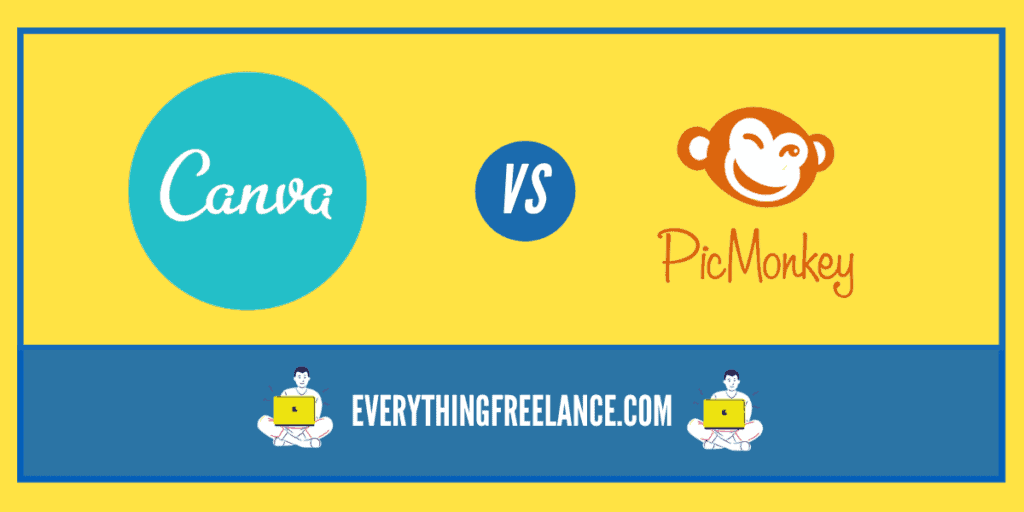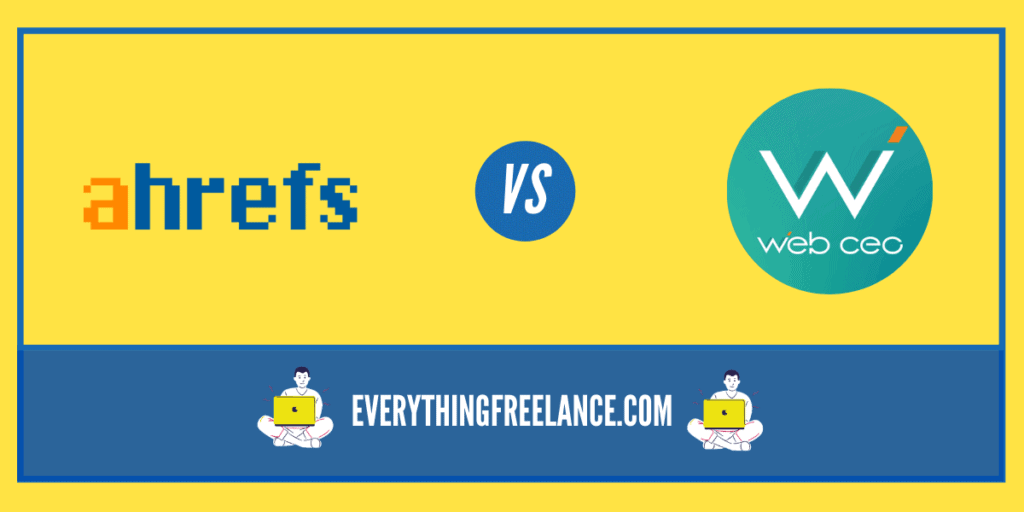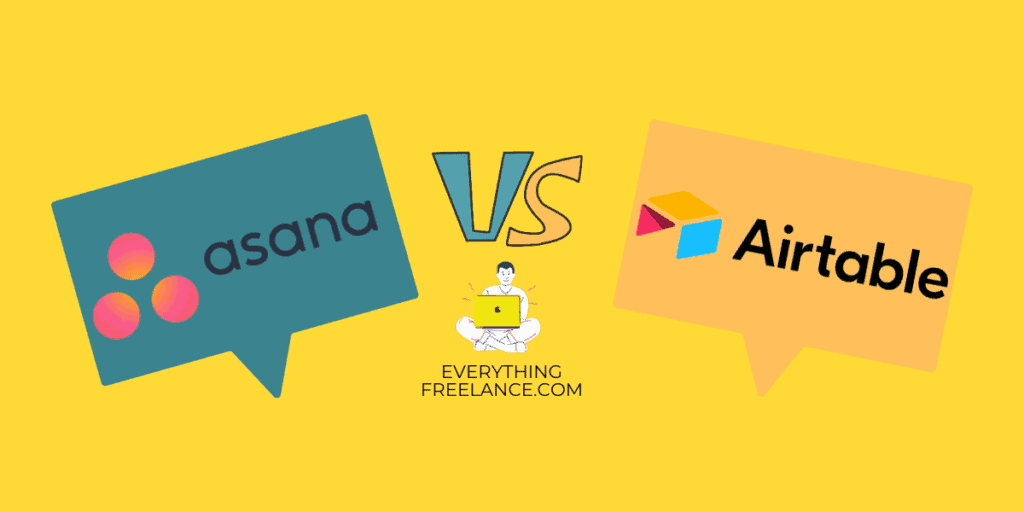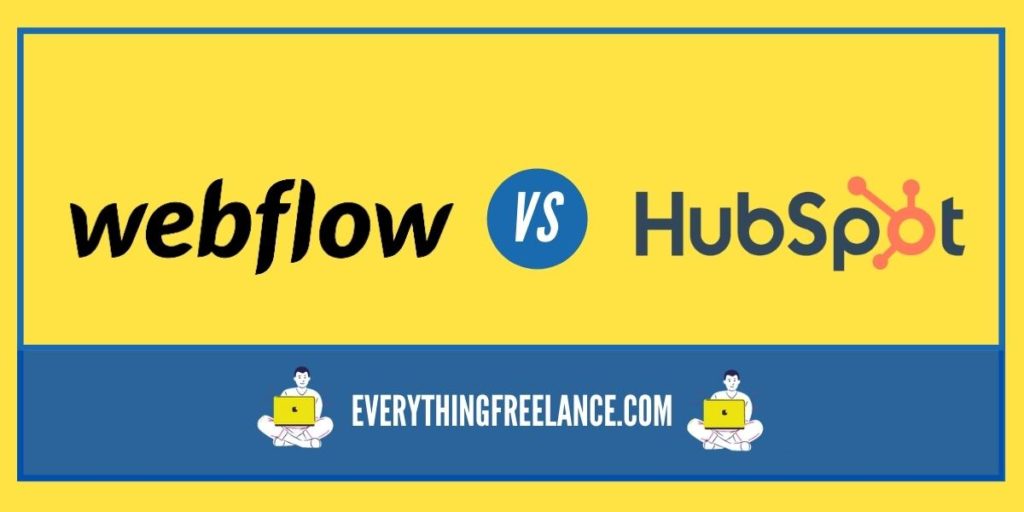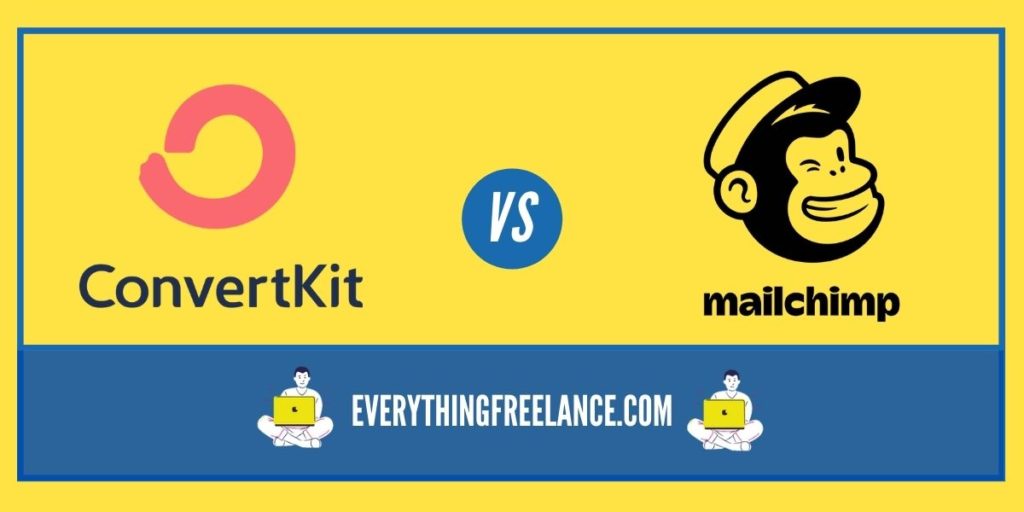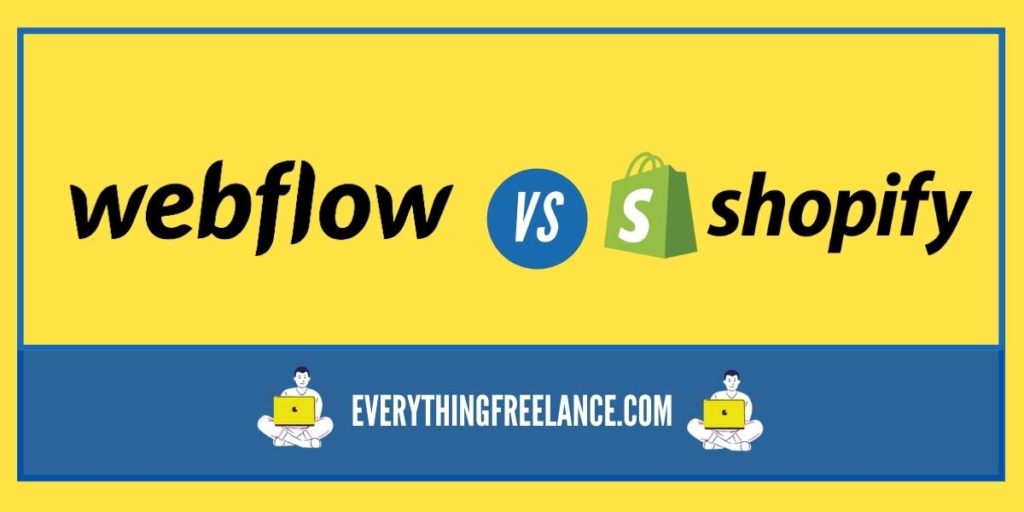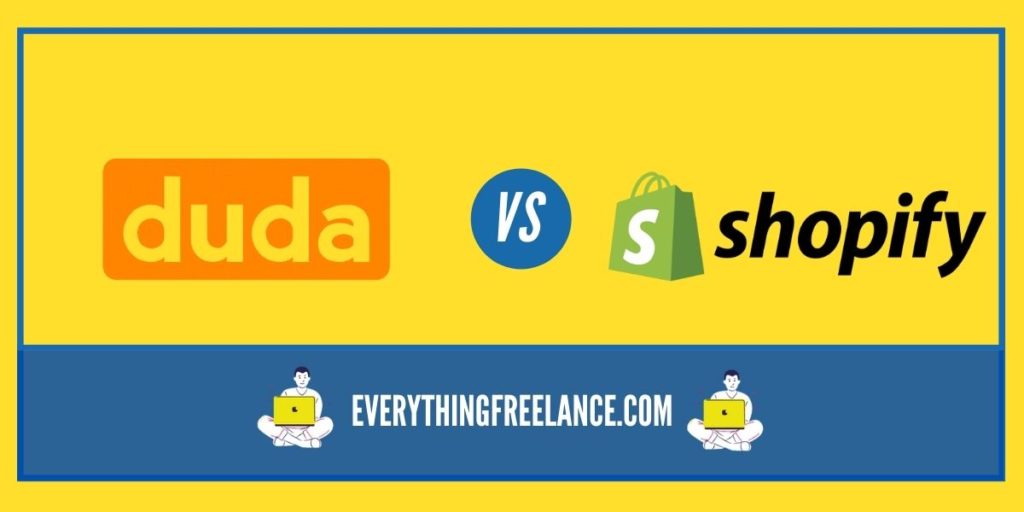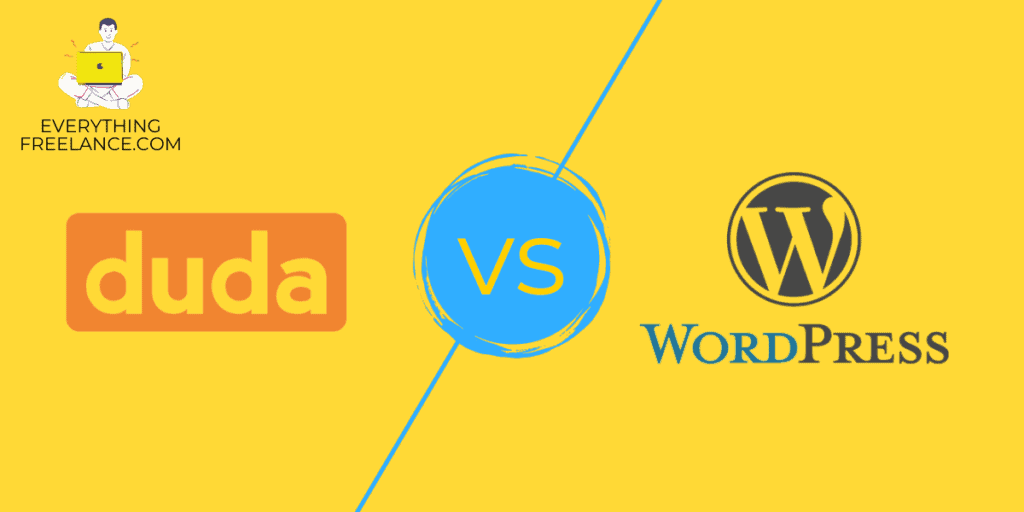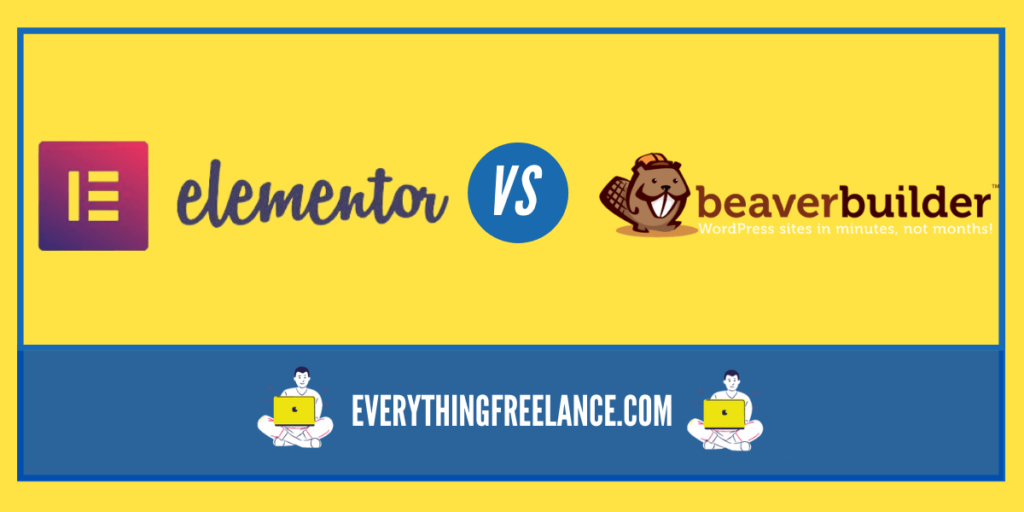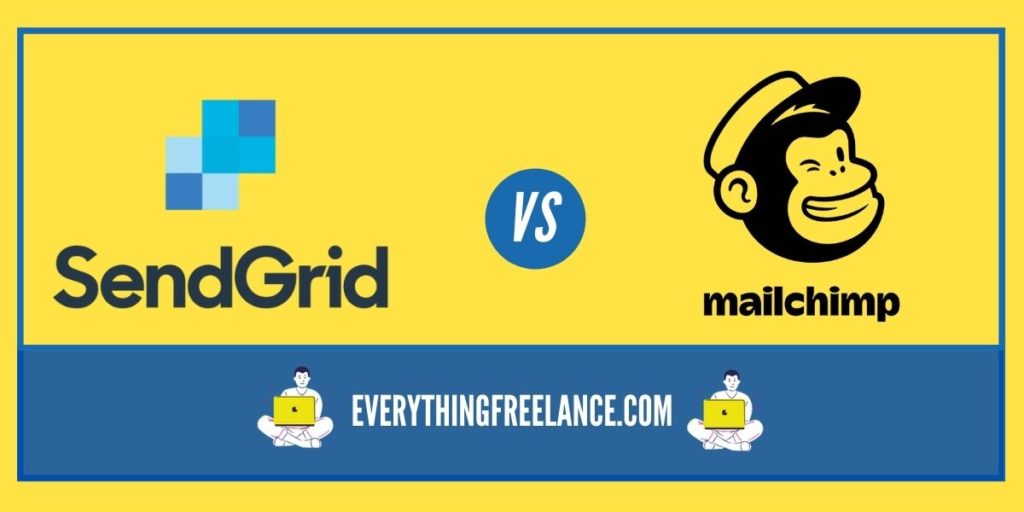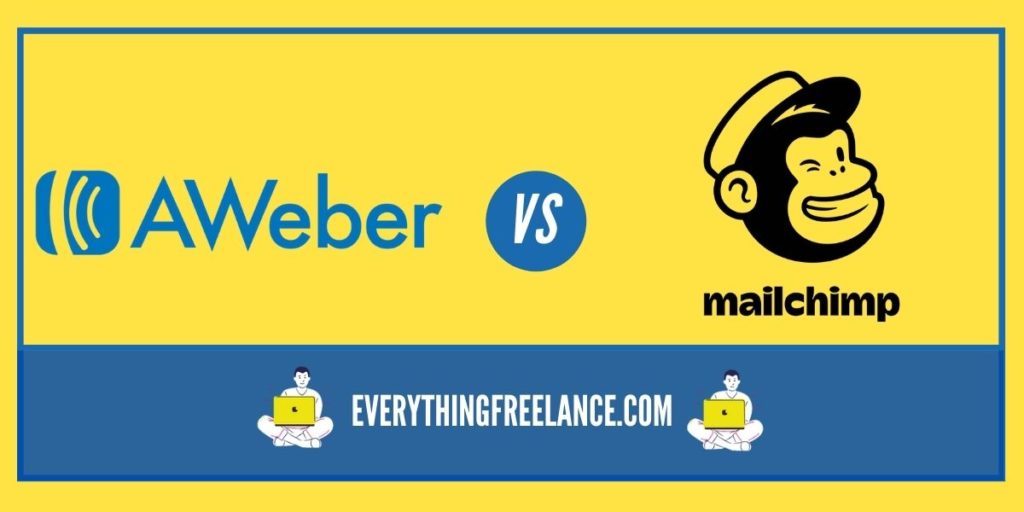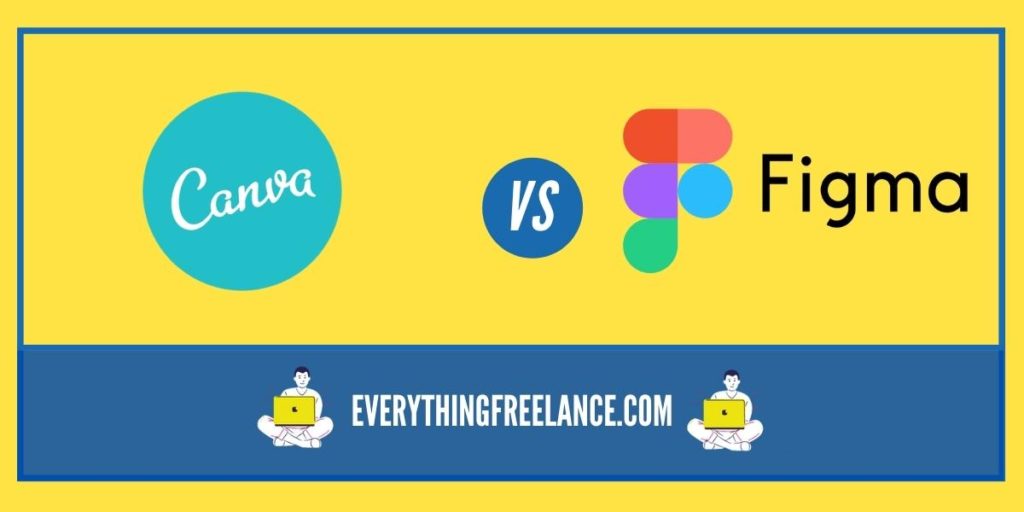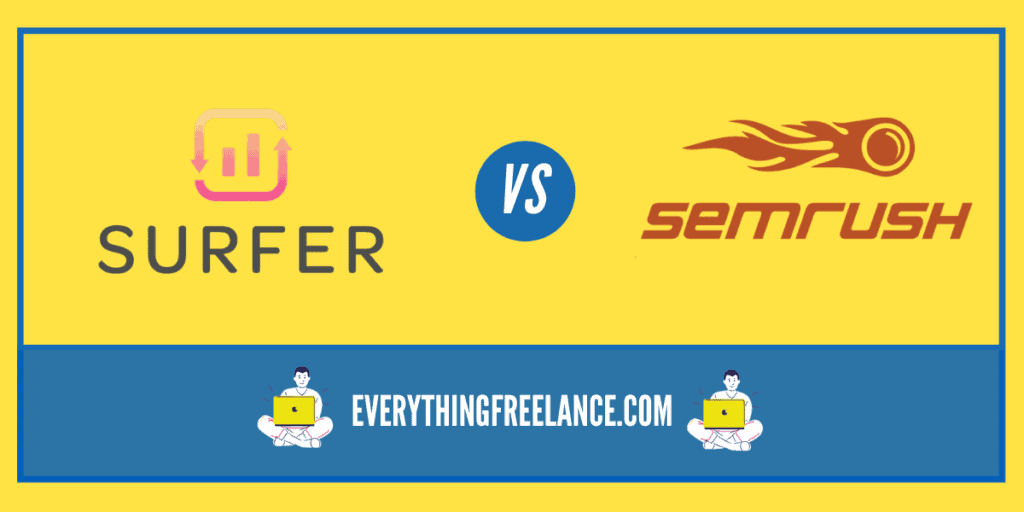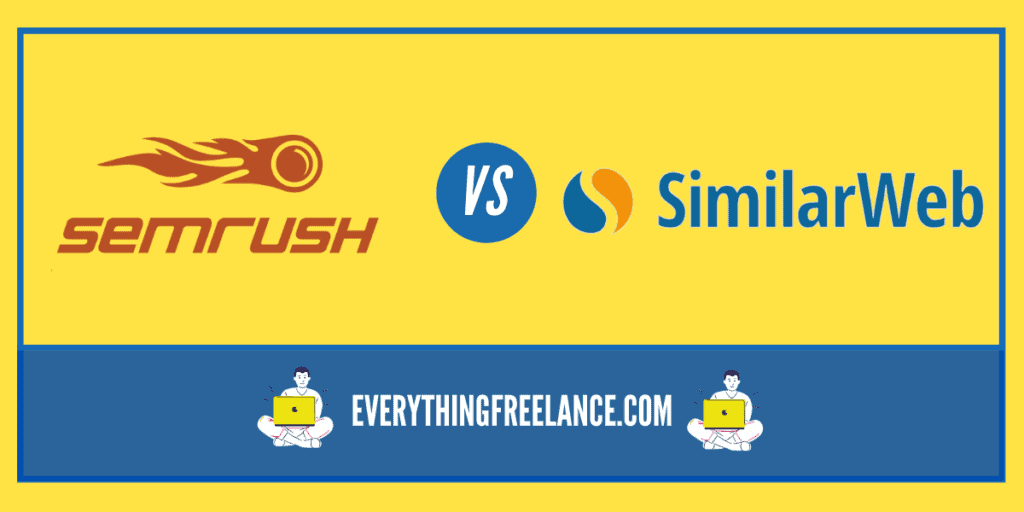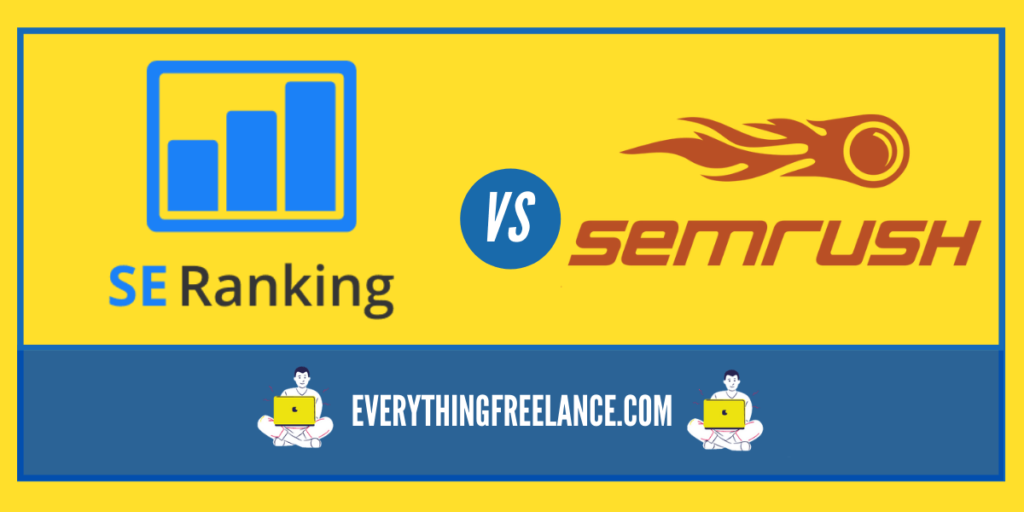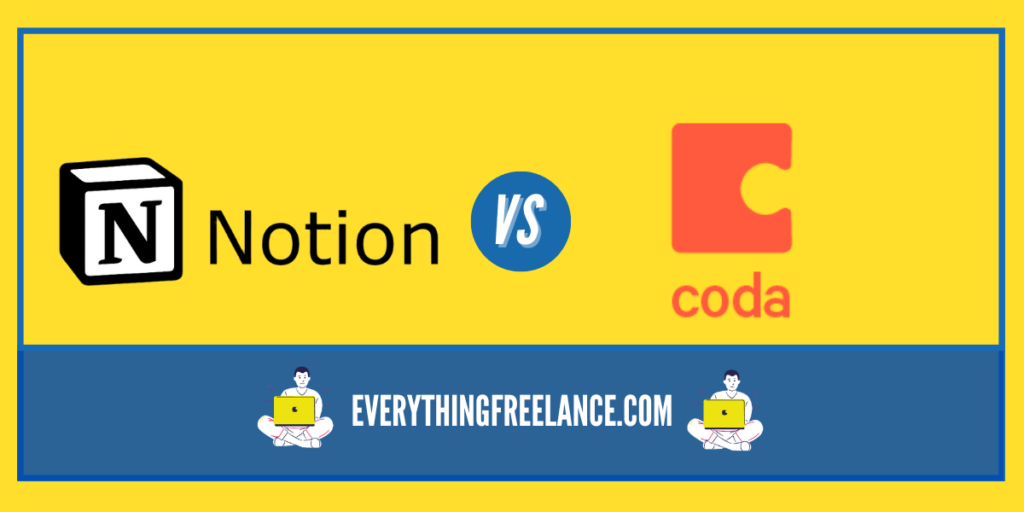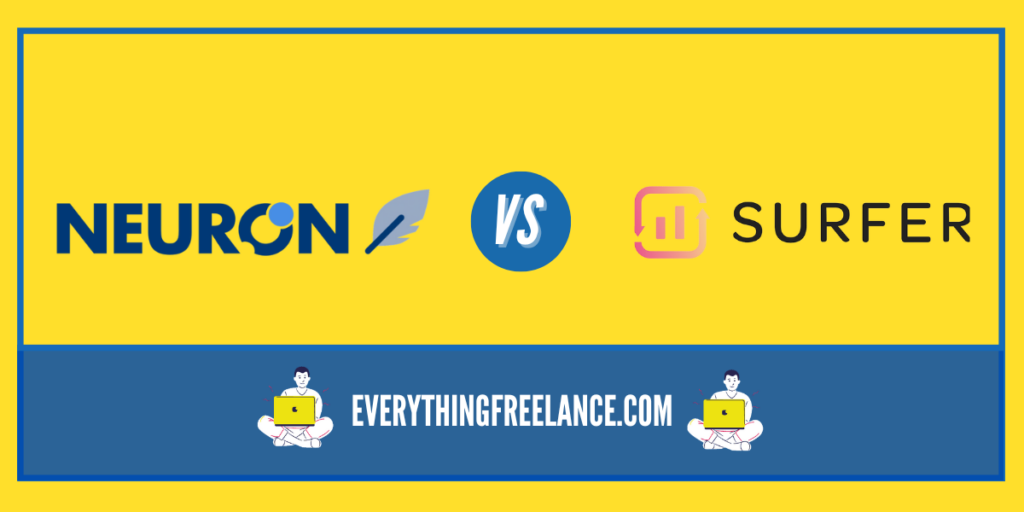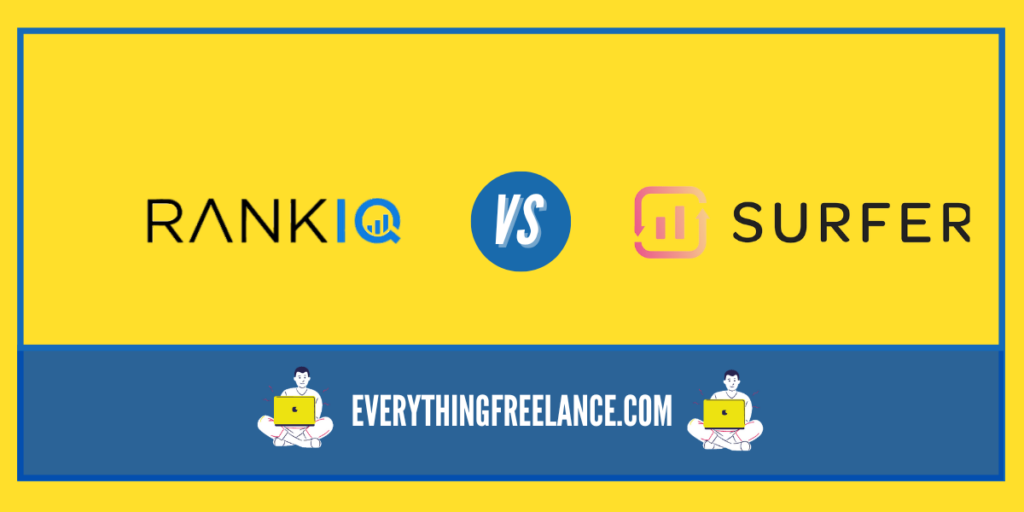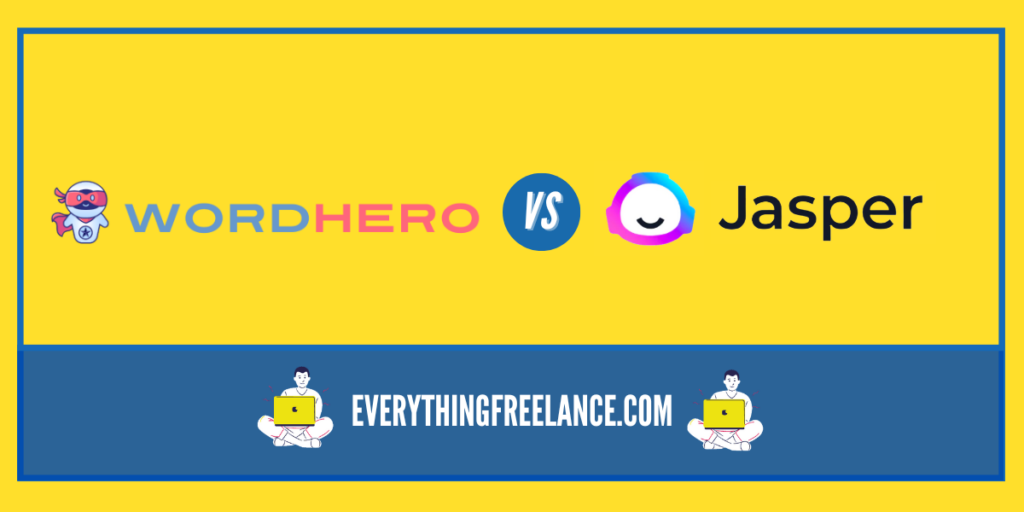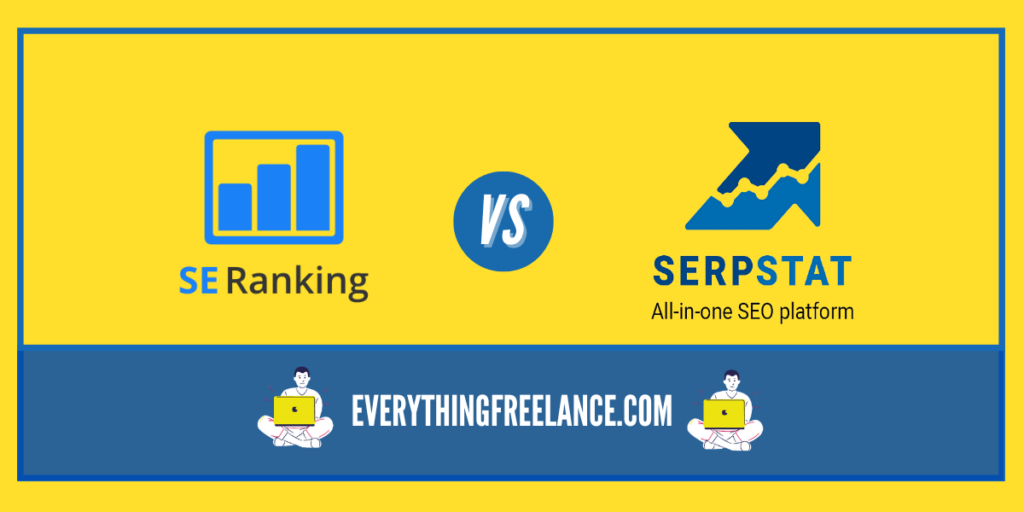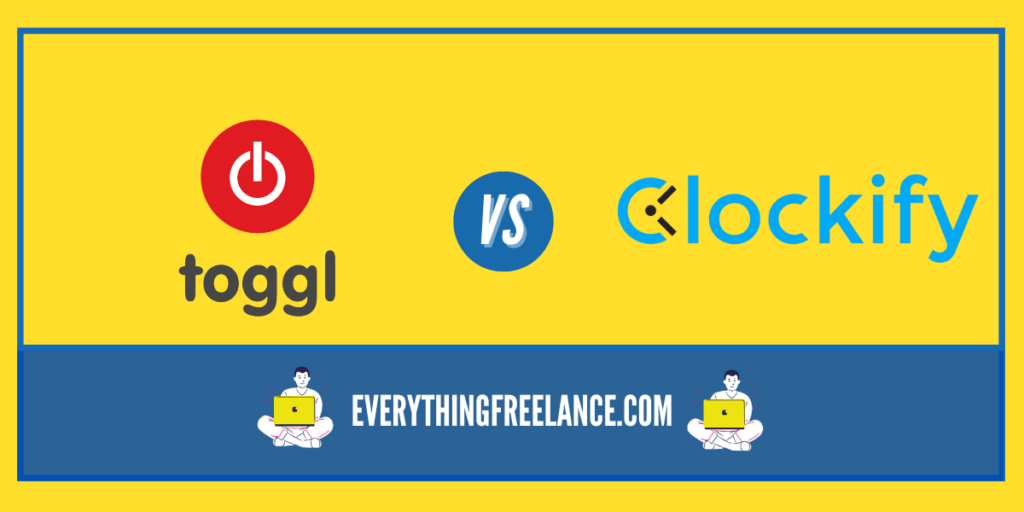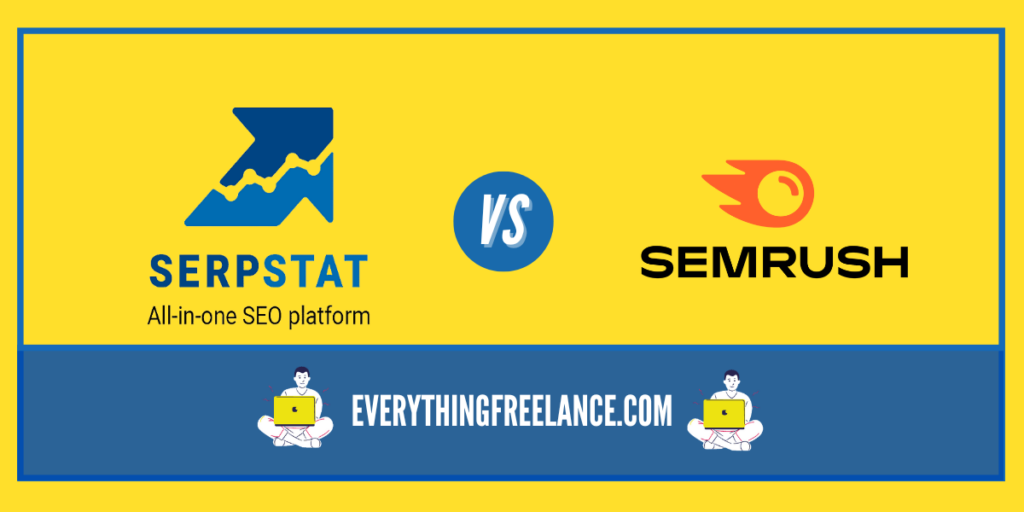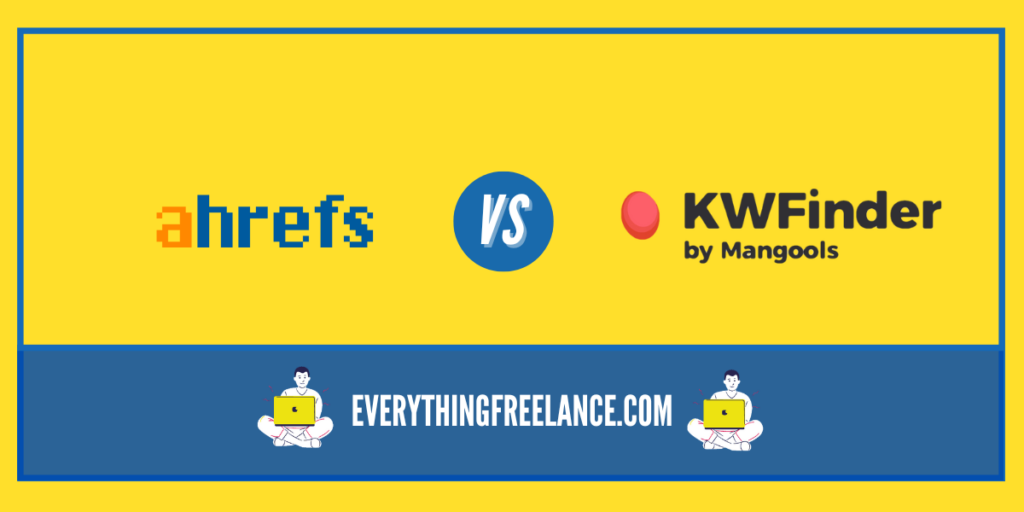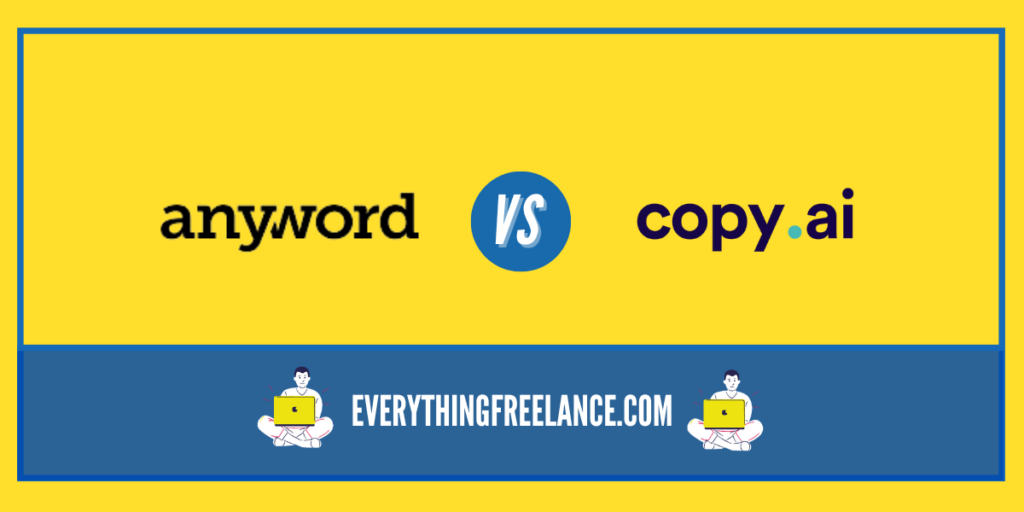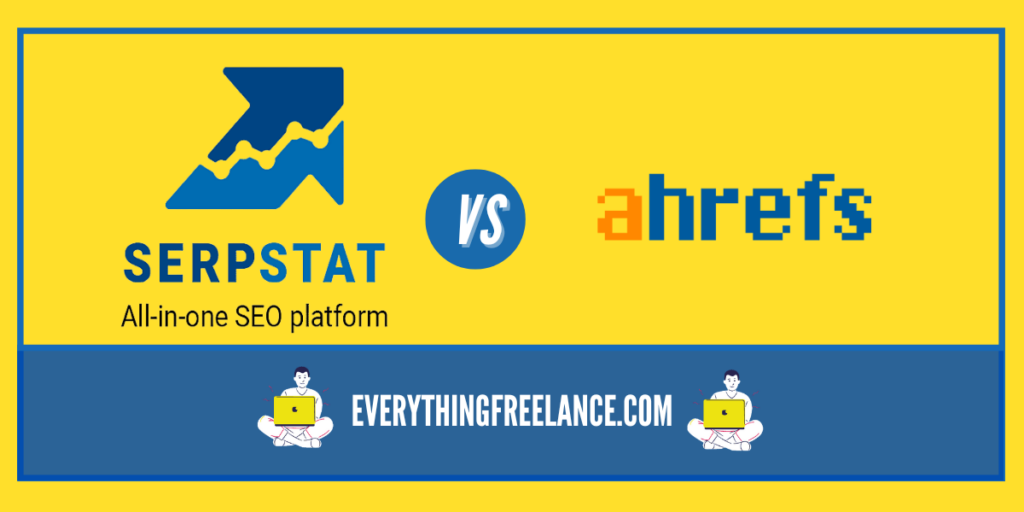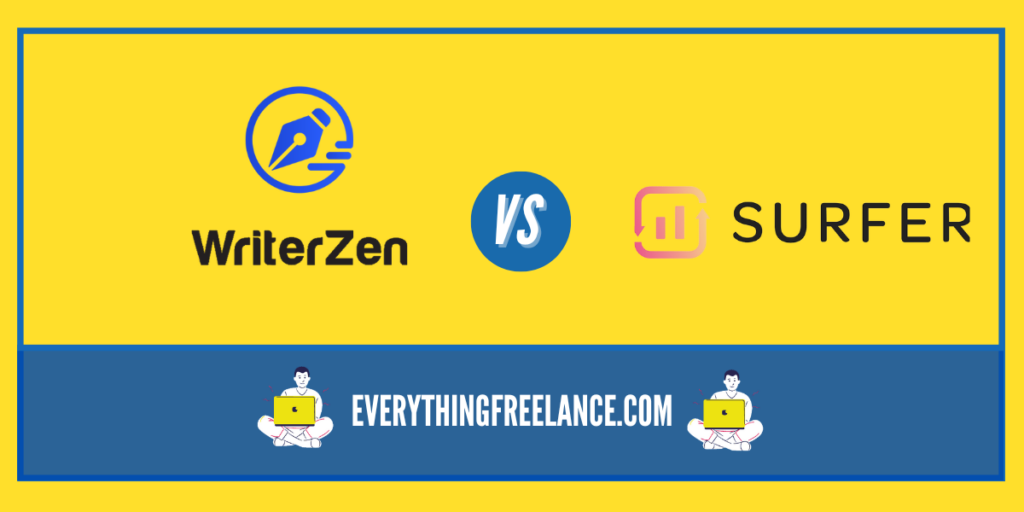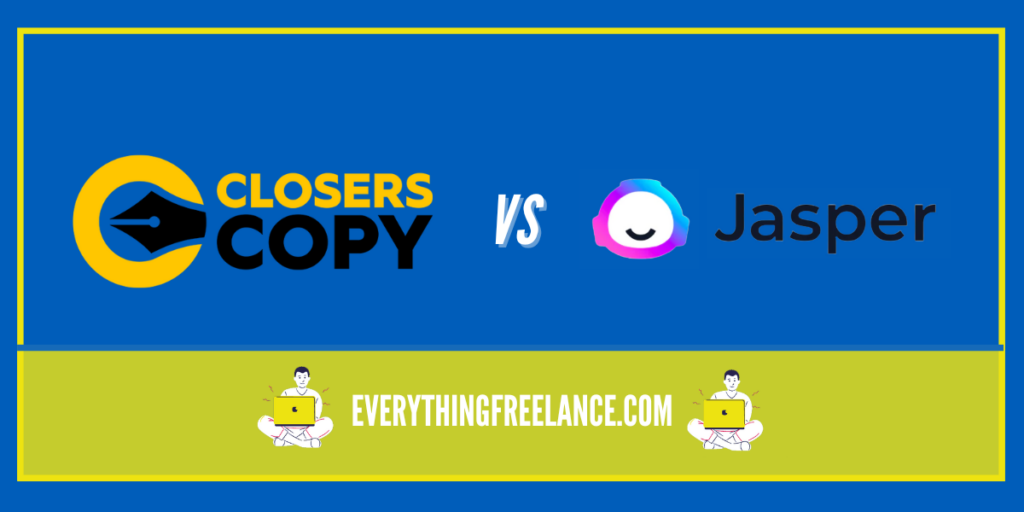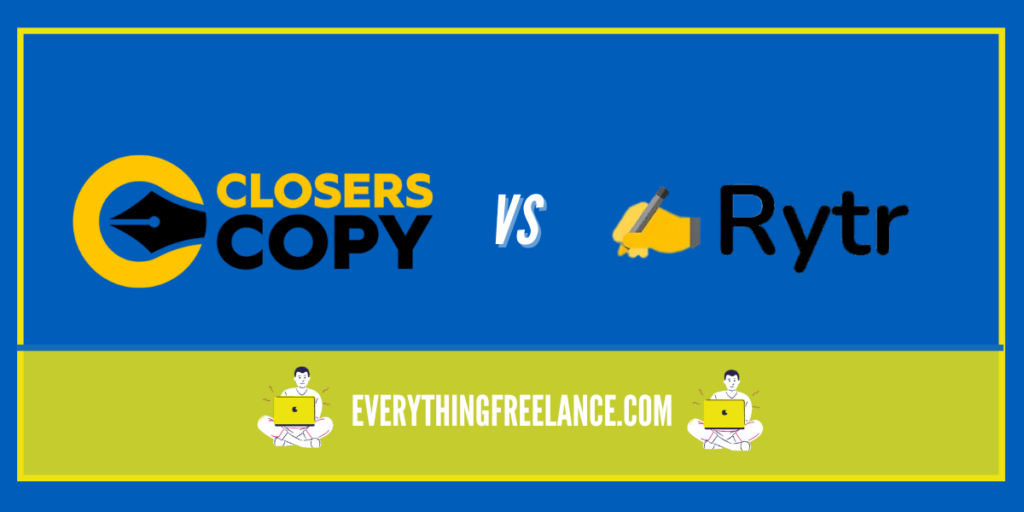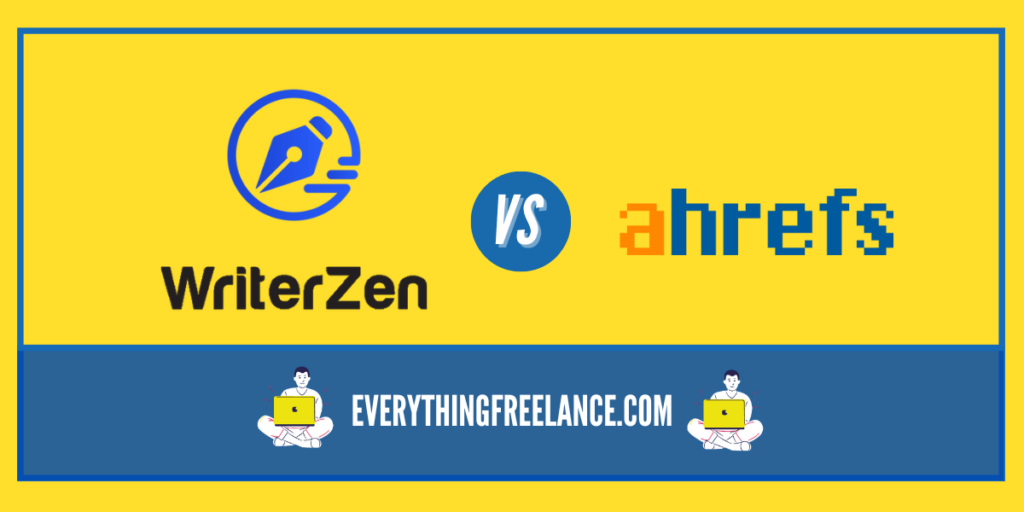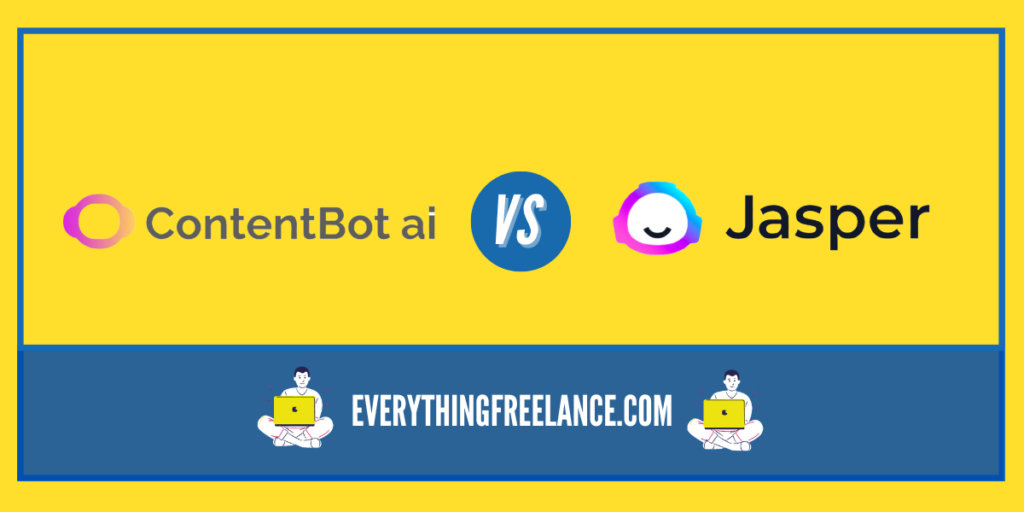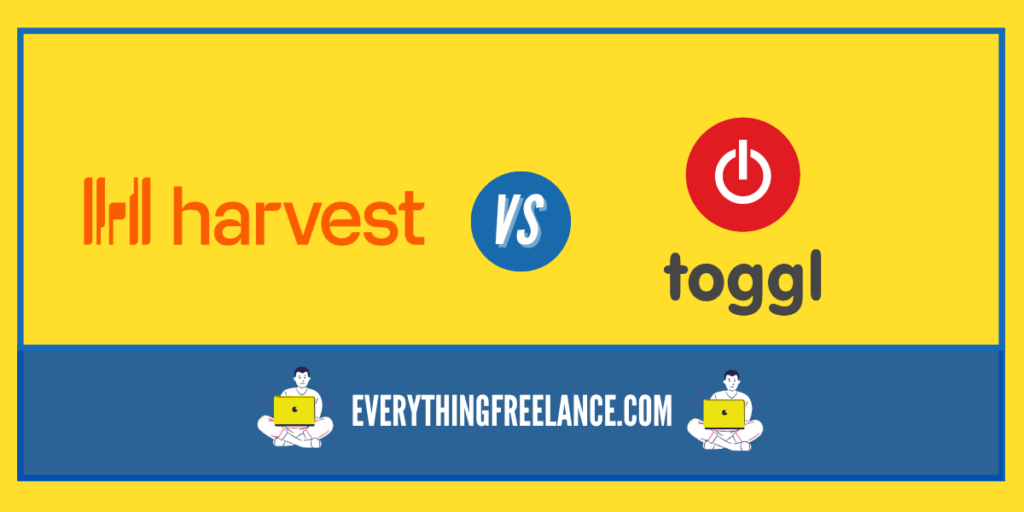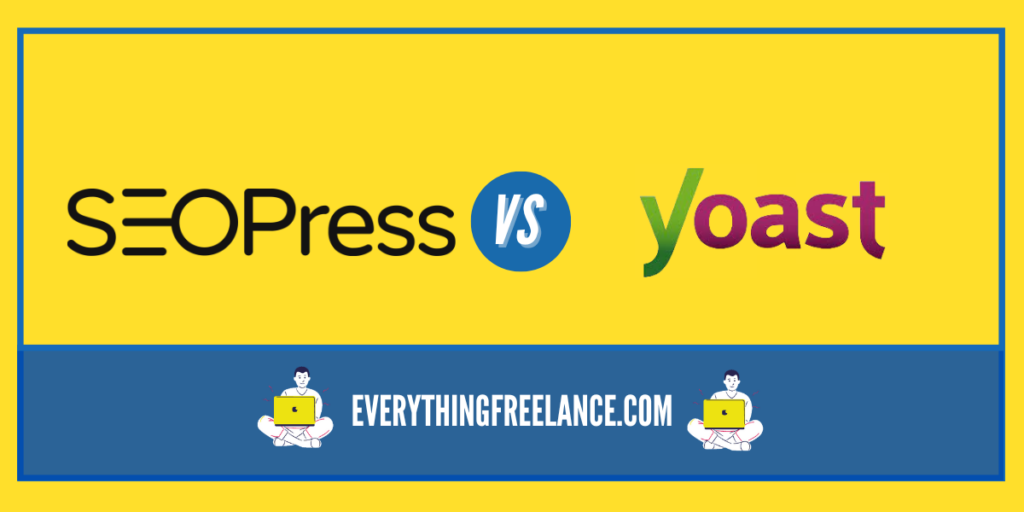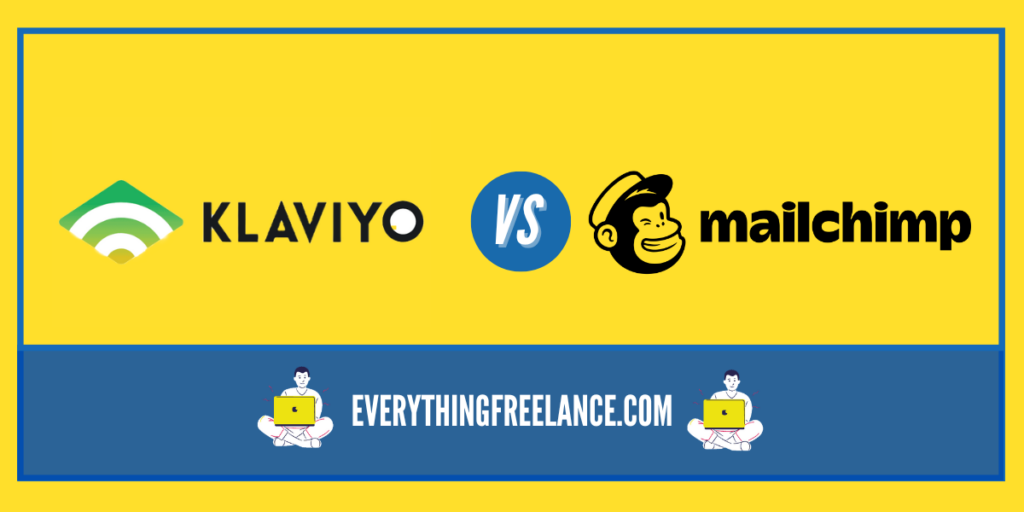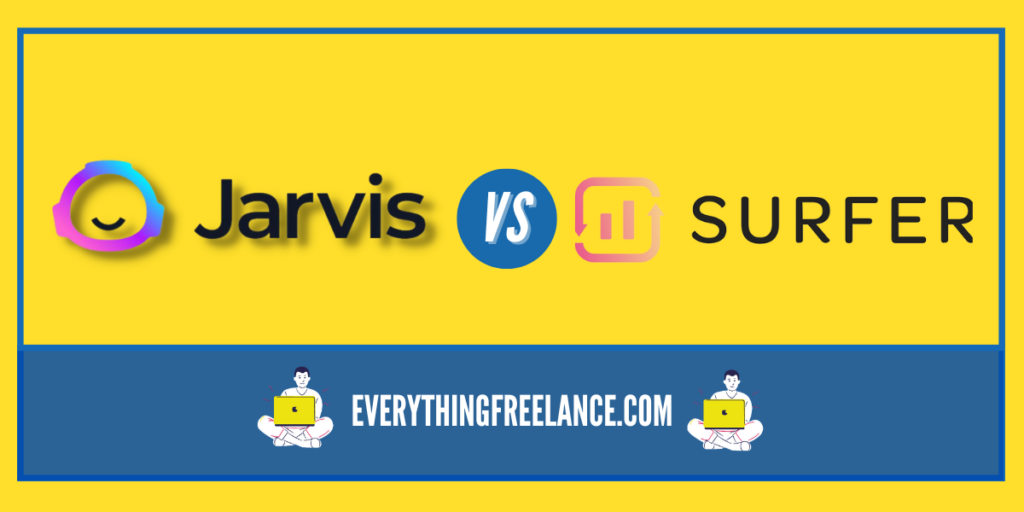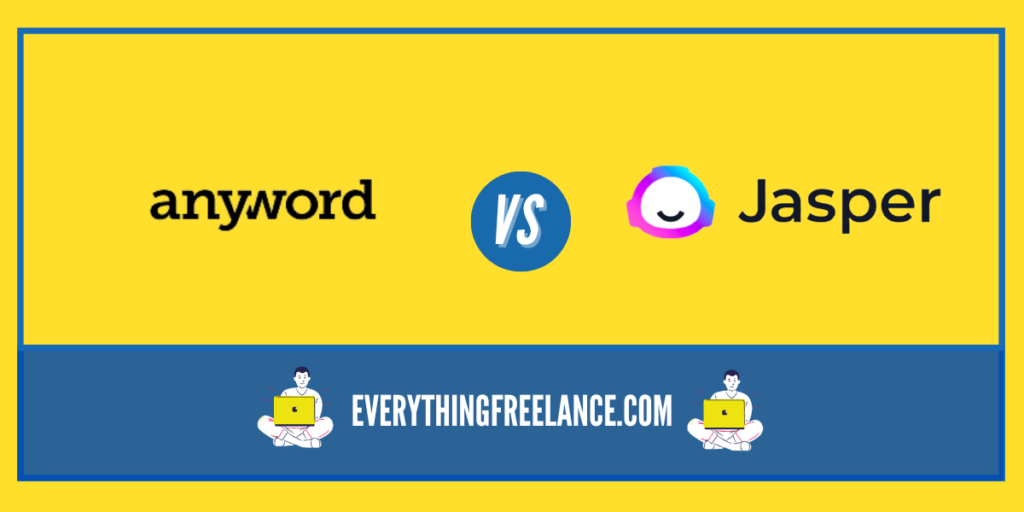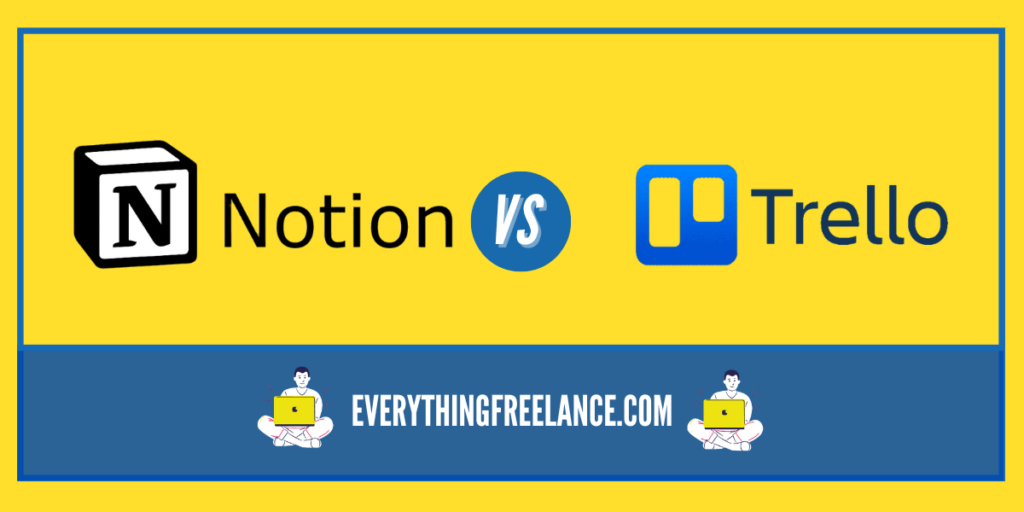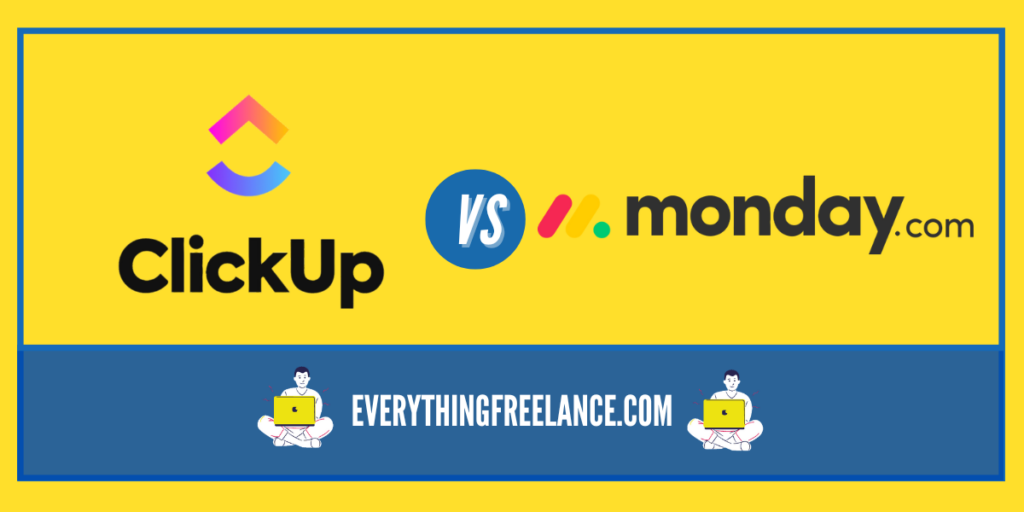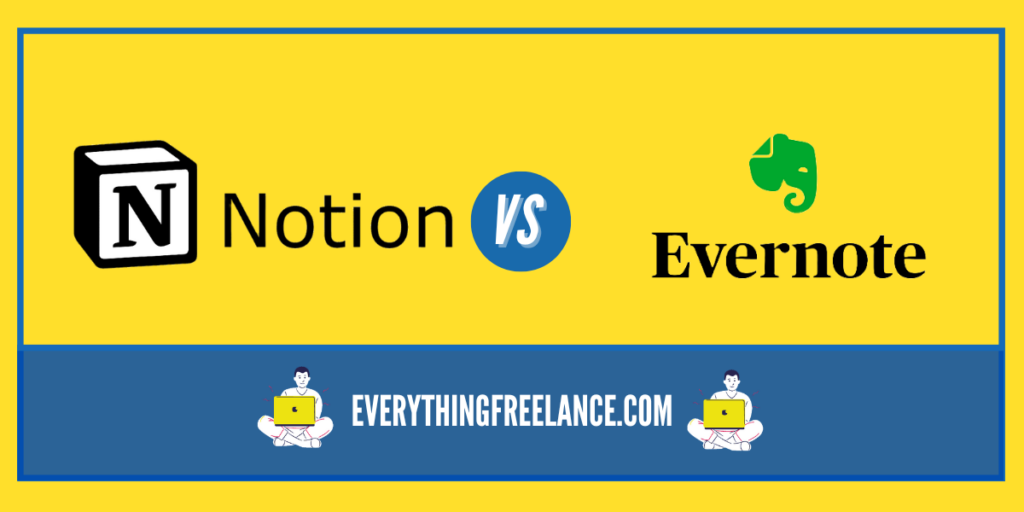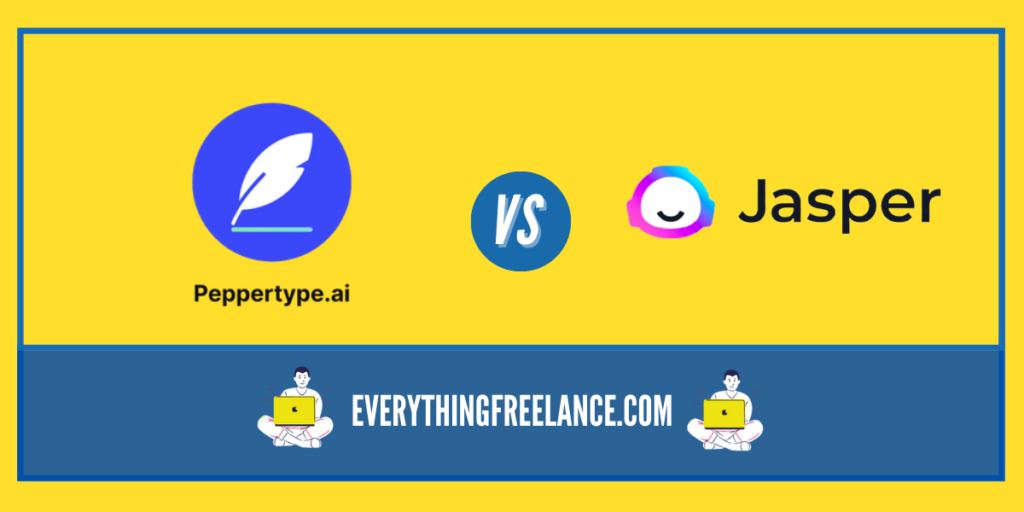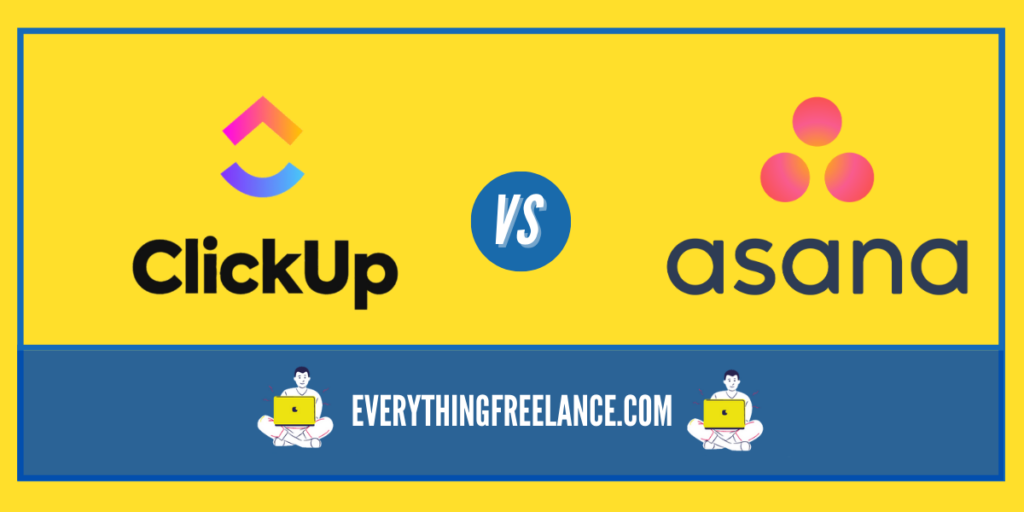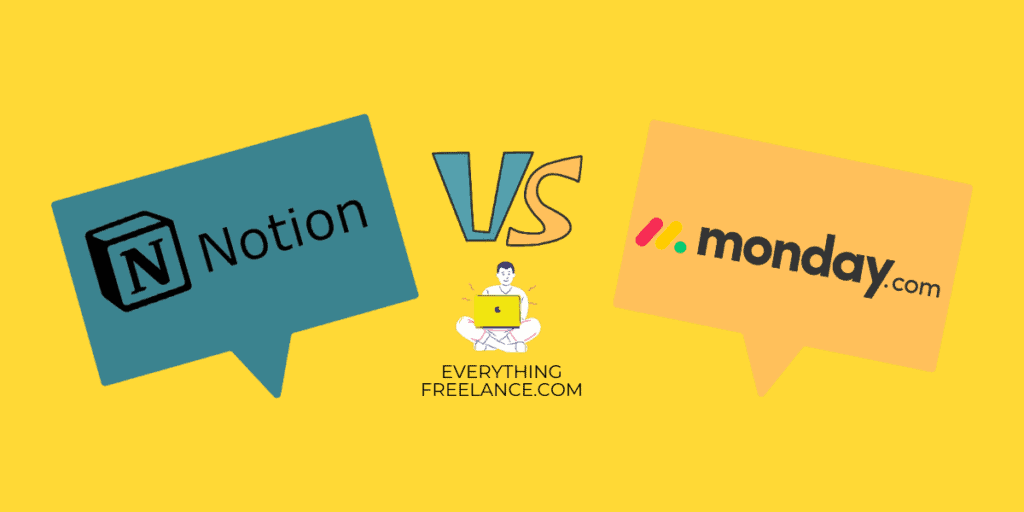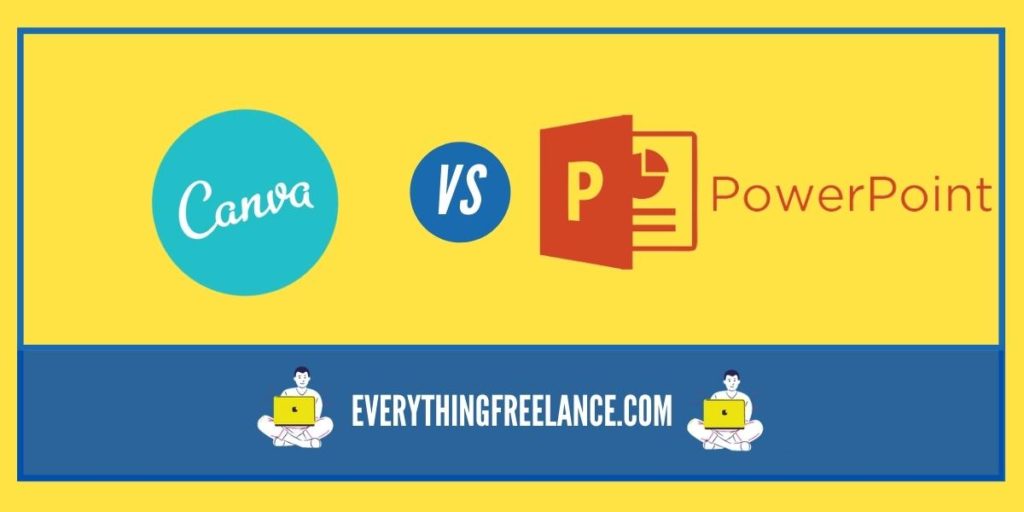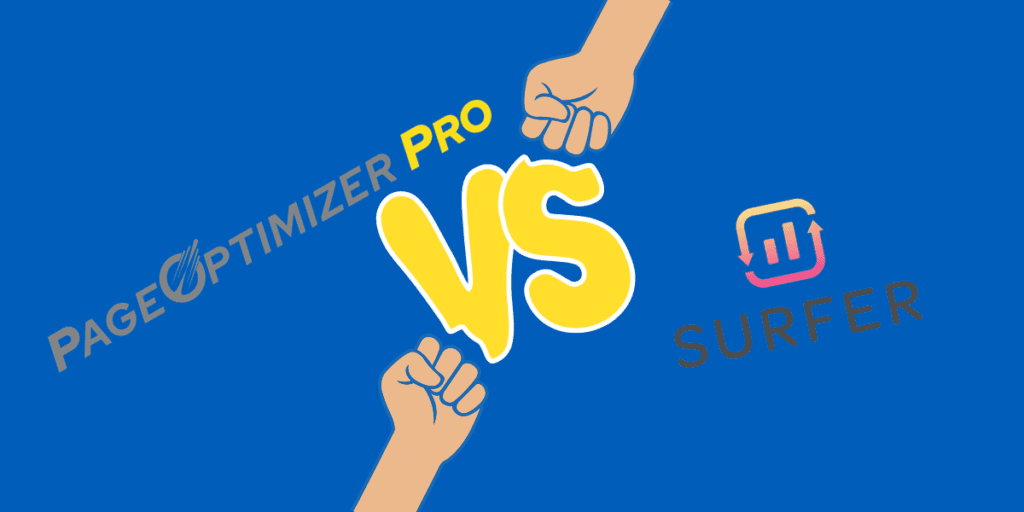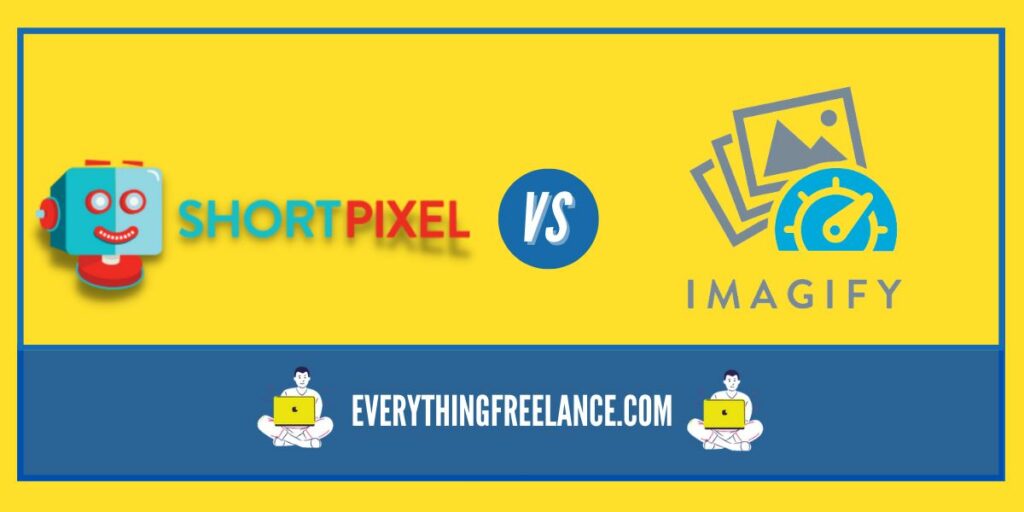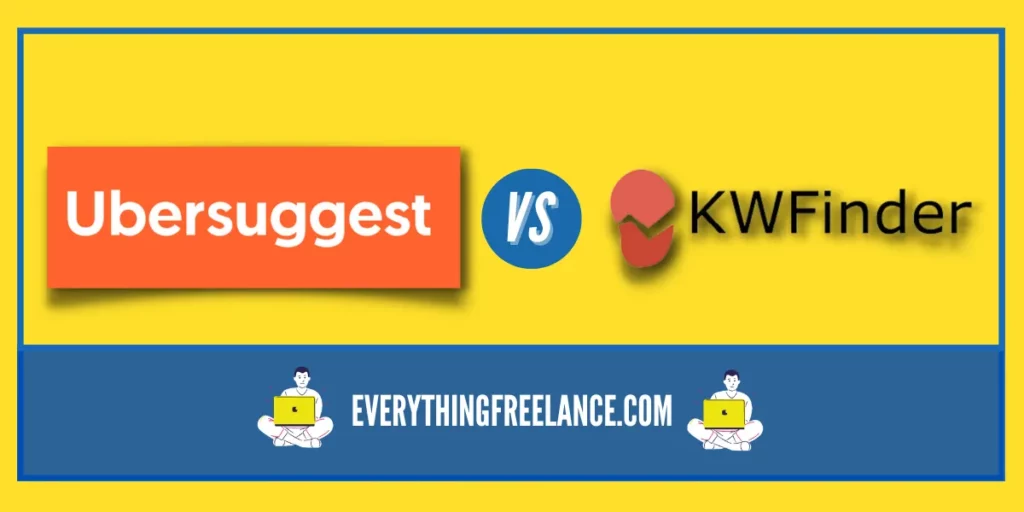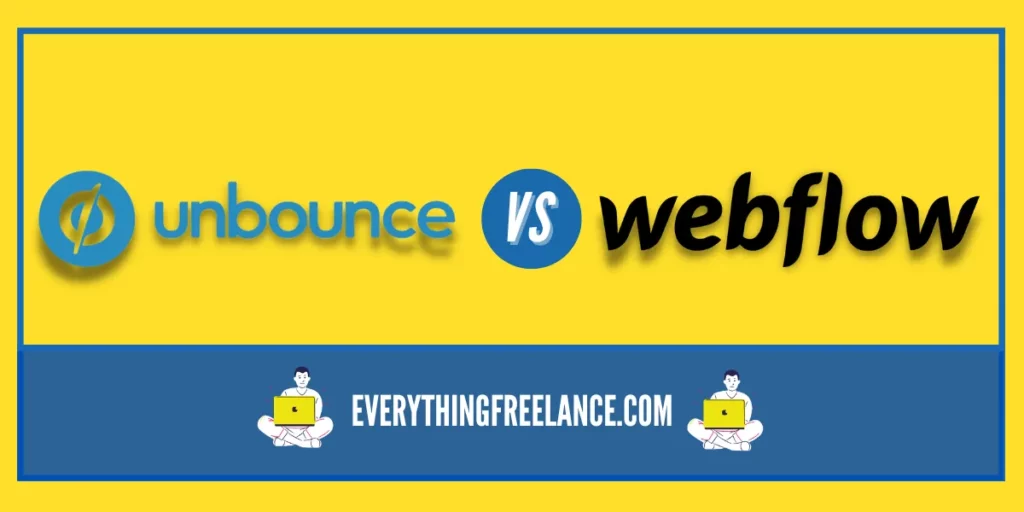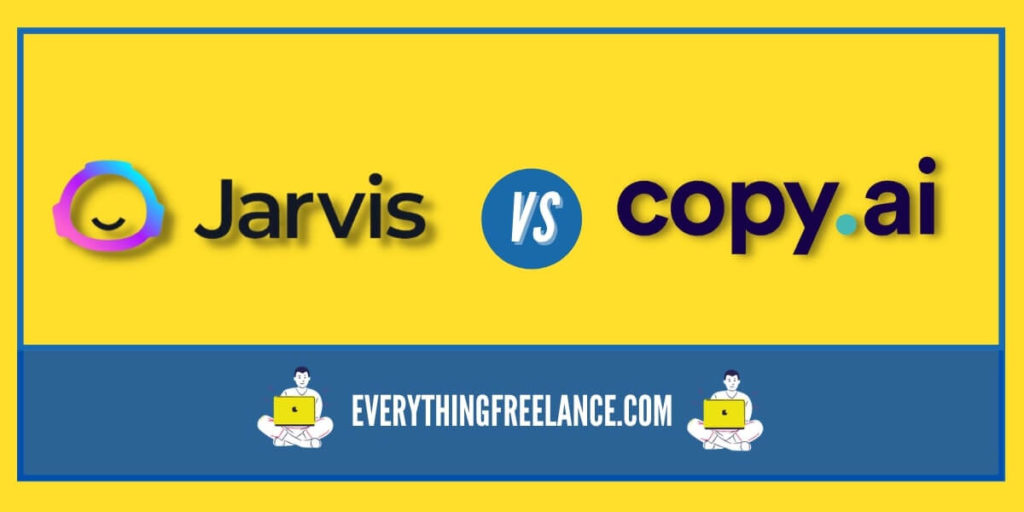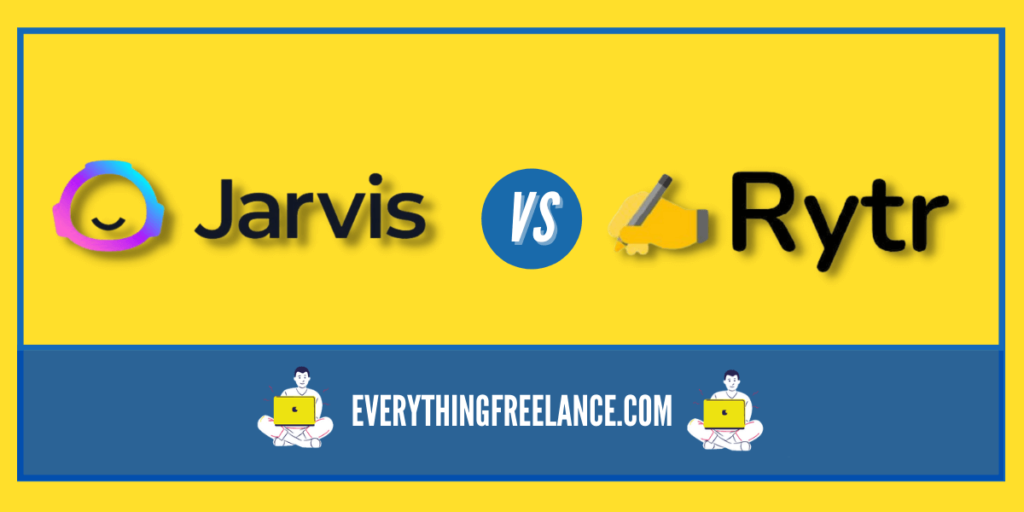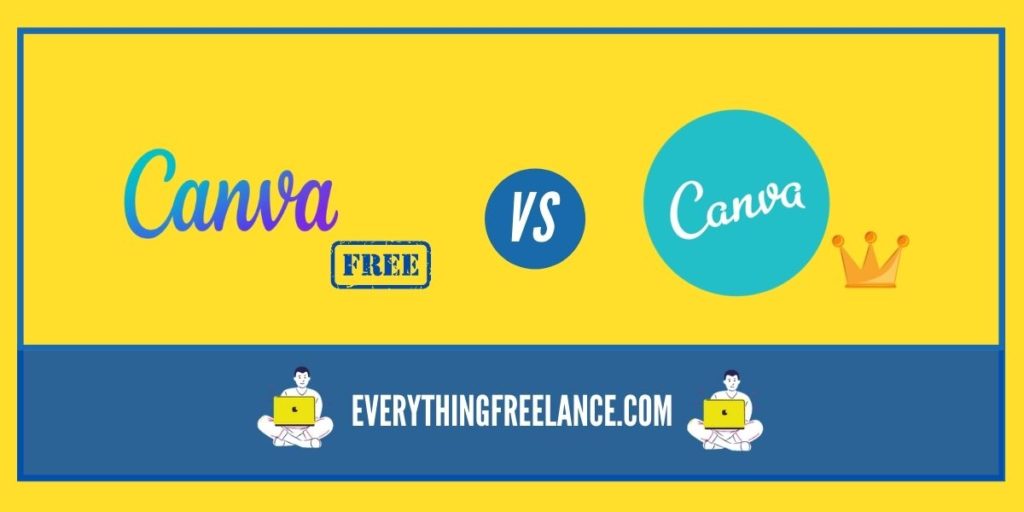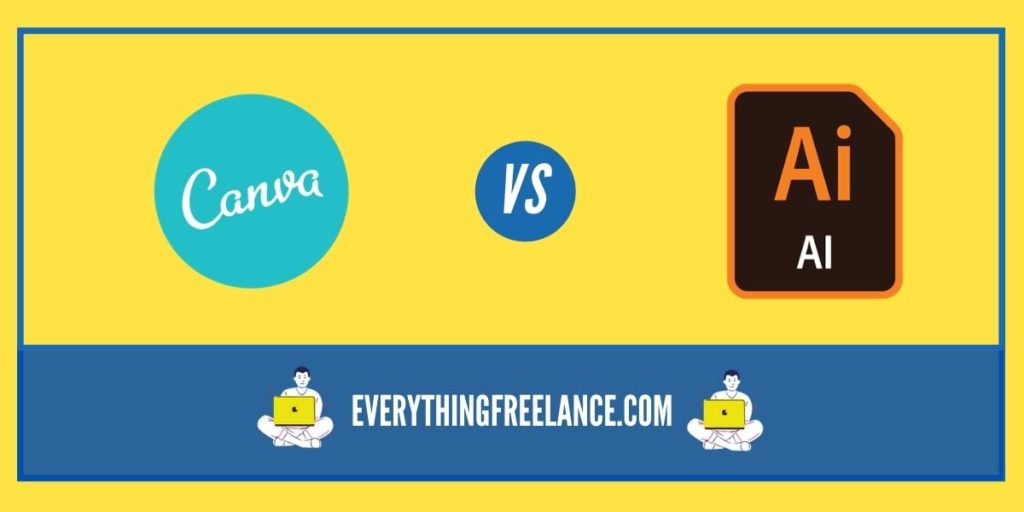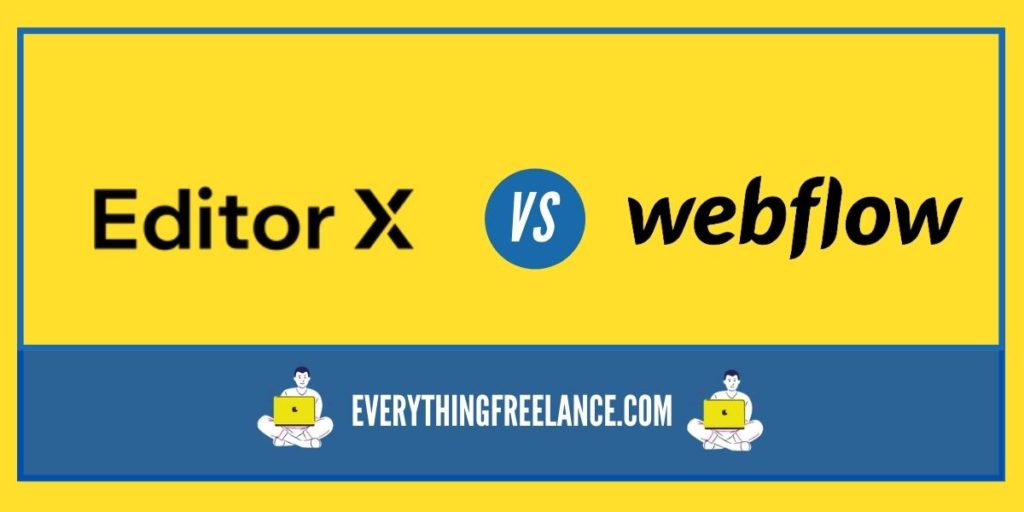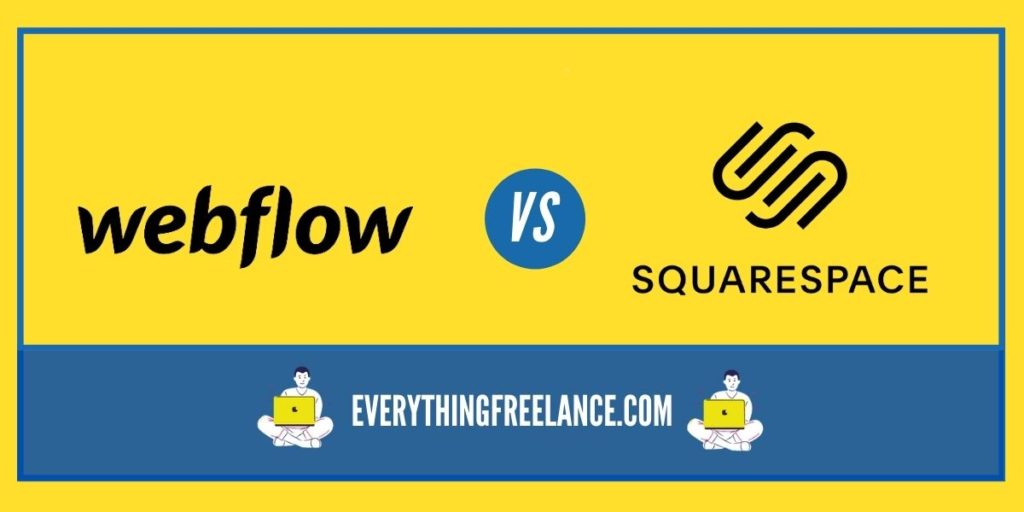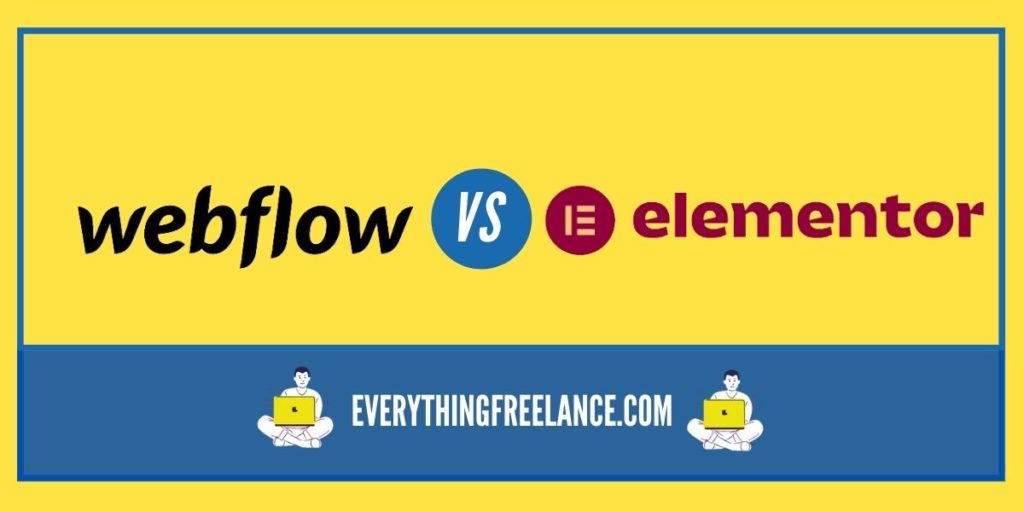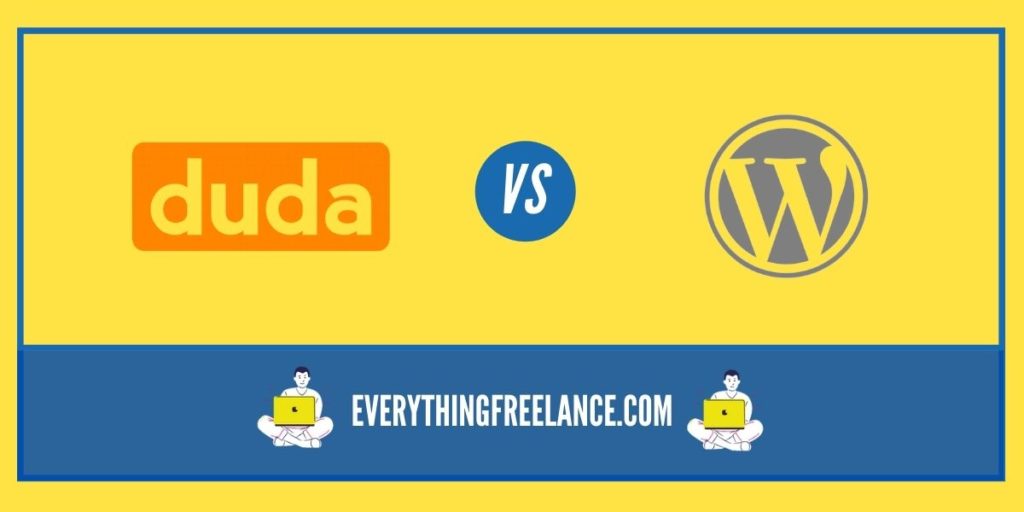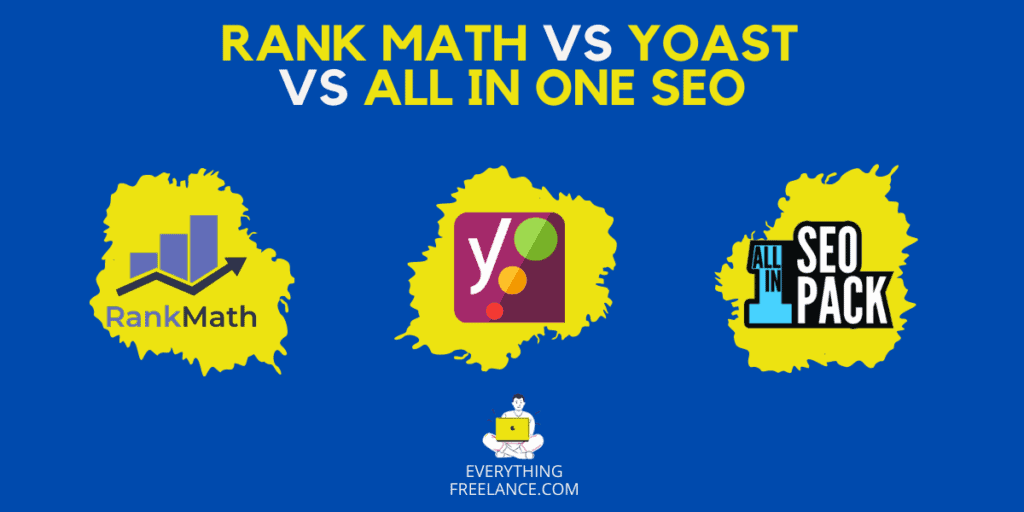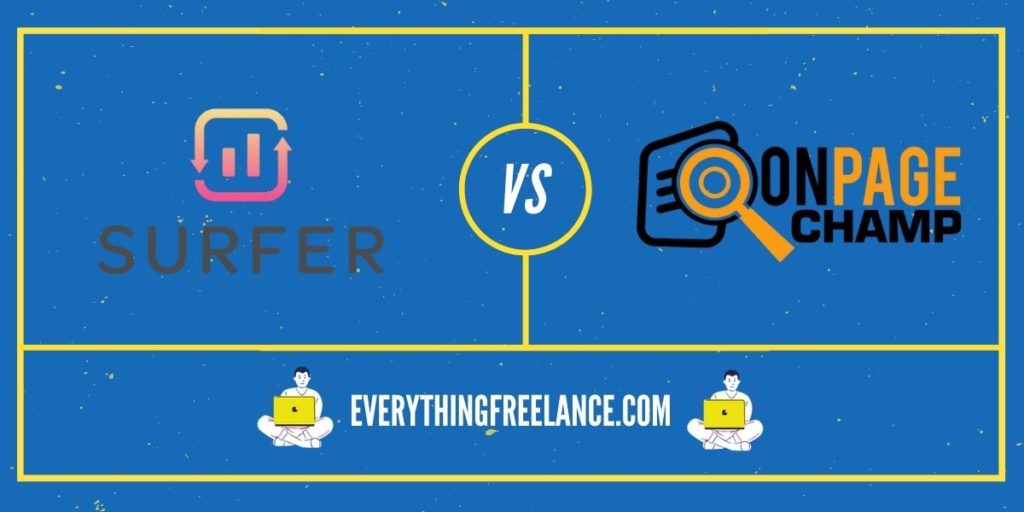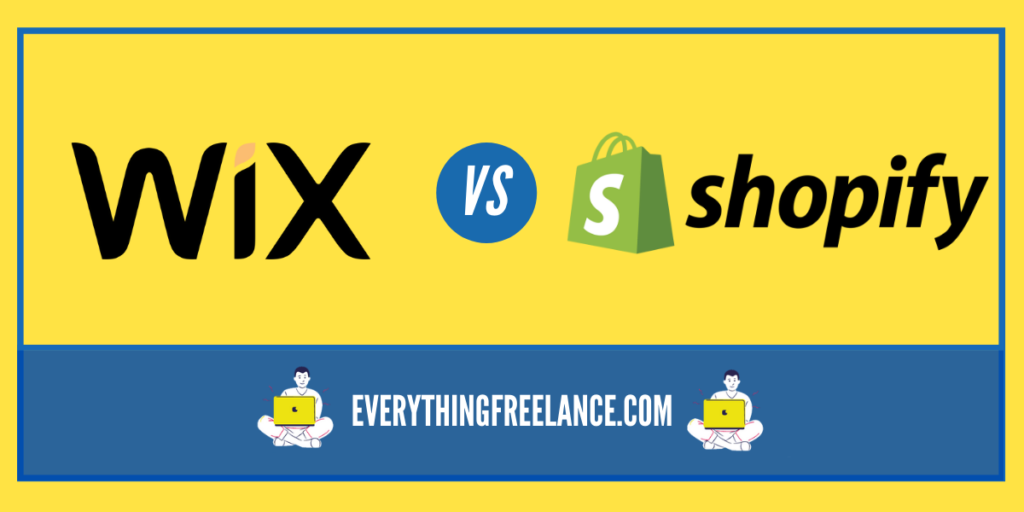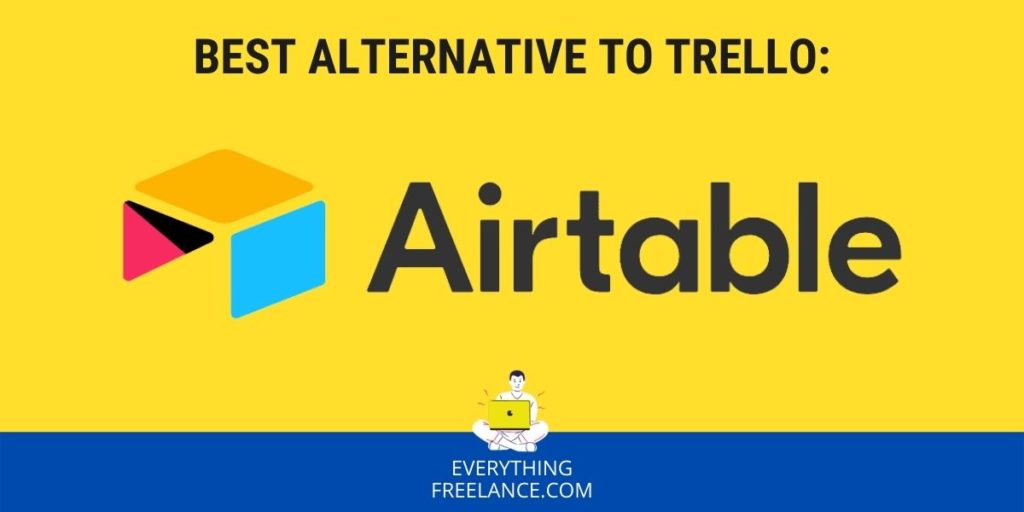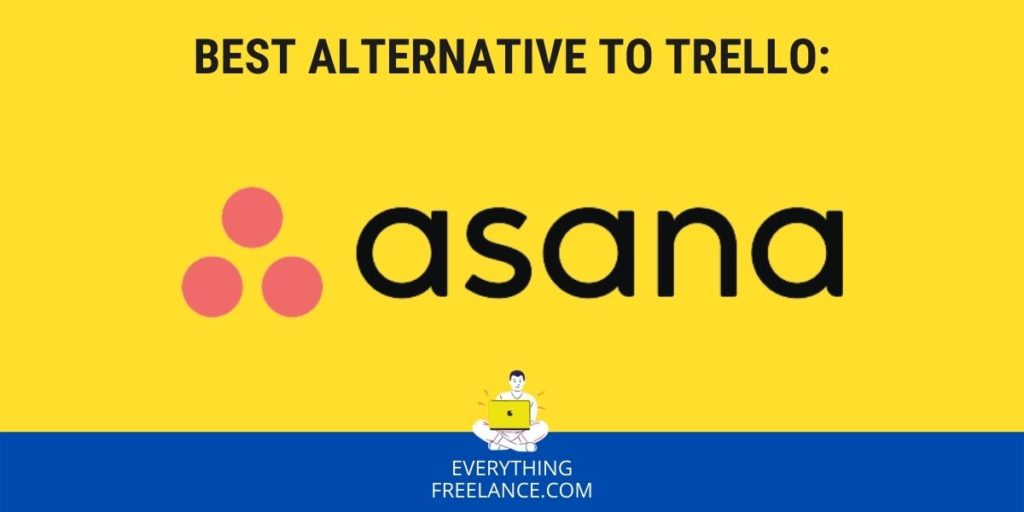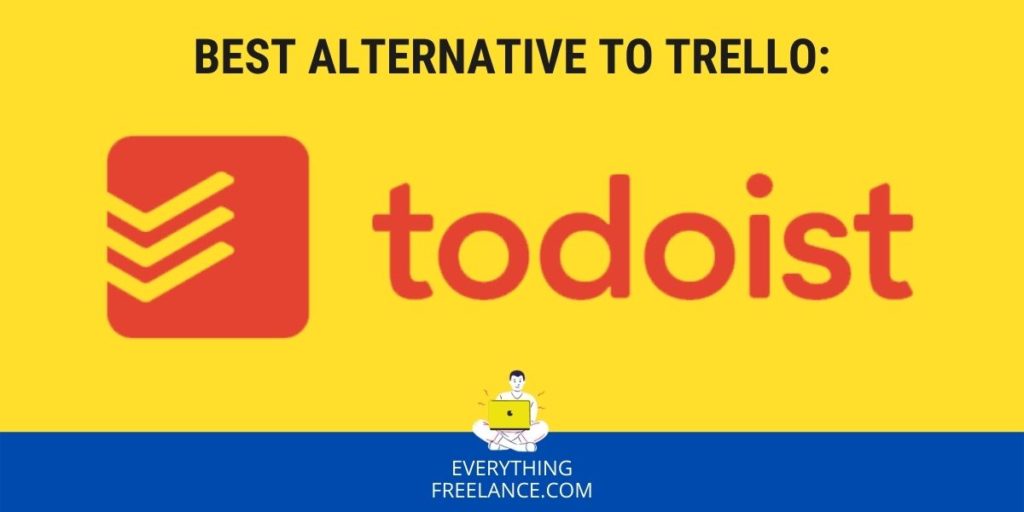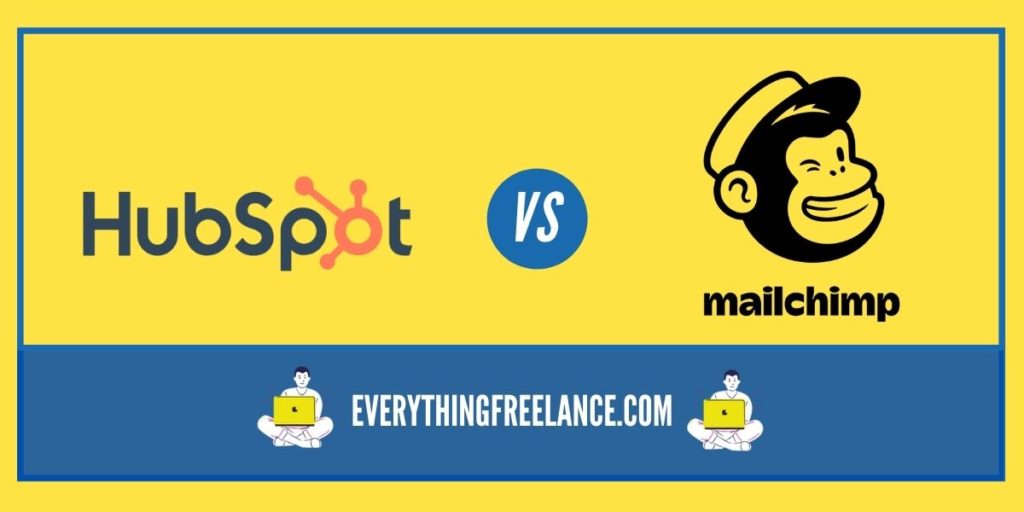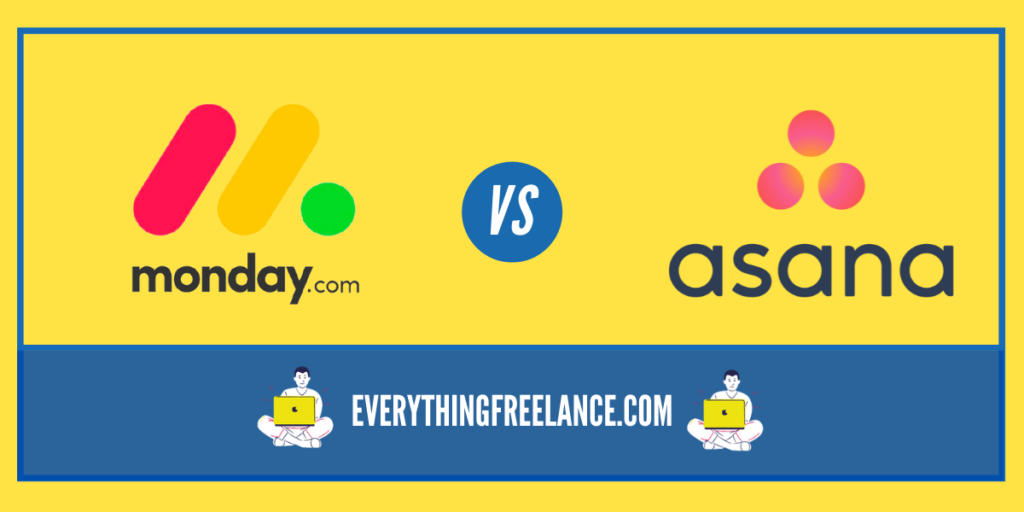
If you have ever thought about designing your own website, then at some point in time you’ve surely stumbled upon Webflow or WordPress. These two are the most popular website builders on the market today.
But as time goes by, we have all started wondering which one is better.
Is Webflow better than WordPress for your ideal website or will WordPress suit it better?
We have already made a few comprehensive comparisons like Webflow vs Squarespace, webflow vs shopify, and Webflow vs Wix. Now it’s time to put these two to the test.
Who would win the Webflow vs WordPress match? Which one is the best website builder?
By the end of this comparison, you will find the right choice for you. You might even change your mind and go for a WordPress alternative – switch from WordPress to Webflow, or maybe vice versa!
Let’s break it down and find the answer in this review of Webflow and WordPress!
What to Look For When Building Your Website
With the massive tech advancement nowadays, building your own website has never been easier. What could take days in the past is mere hours today. And we have Webflow or WordPress or any other web-building alternatives to thank for.
Nonetheless, before you even begin with the comparing of these two, you need to make sure that the web designing tool you’re using has the best qualities. By this, we mean checking out some features that every prominent web builder should possess.
Of course, these features are going to be the pillars on which we will build this comparison. These are the key points you should open your eyes to when choosing your next website developer:
- Price – are they free or do you have to pay to unlock some additional features?
- User-friendliness – how easy to use is the tool, really? Can a beginner find their way through it without any problems?
- SEO – can you construct your website in a way to be easily detected on search engines? Webflow vs WordPress: which is better SEO tool?
- Templates – the number of templates and designs you can use;
- Extensions – are there add-ons or other third-party tools that can help you in your platform building?
- E-business – can you create an online store right on your website and sell your products directly?
- Customer Support – how good is their customer care service? Do they respond promptly or not? Are they helpful with their answers?
Now let’s see which one – Webflow or WordPress – tests better in these features!
1. Webflow vs WordPress – Pricing:
Naturally, the first thing everyone checks out is the price of a product. We want something that comes at a low price but with good quality. And that is the case here, as well.
Luckily, WordPress is free! This comes from the fact that WordPress is open-source software. Thus everyone can build upon or modify it for free. But to create the perfect website, you still need a domain name and hosting.
On its website, WordPress offers several host providers that you can use.
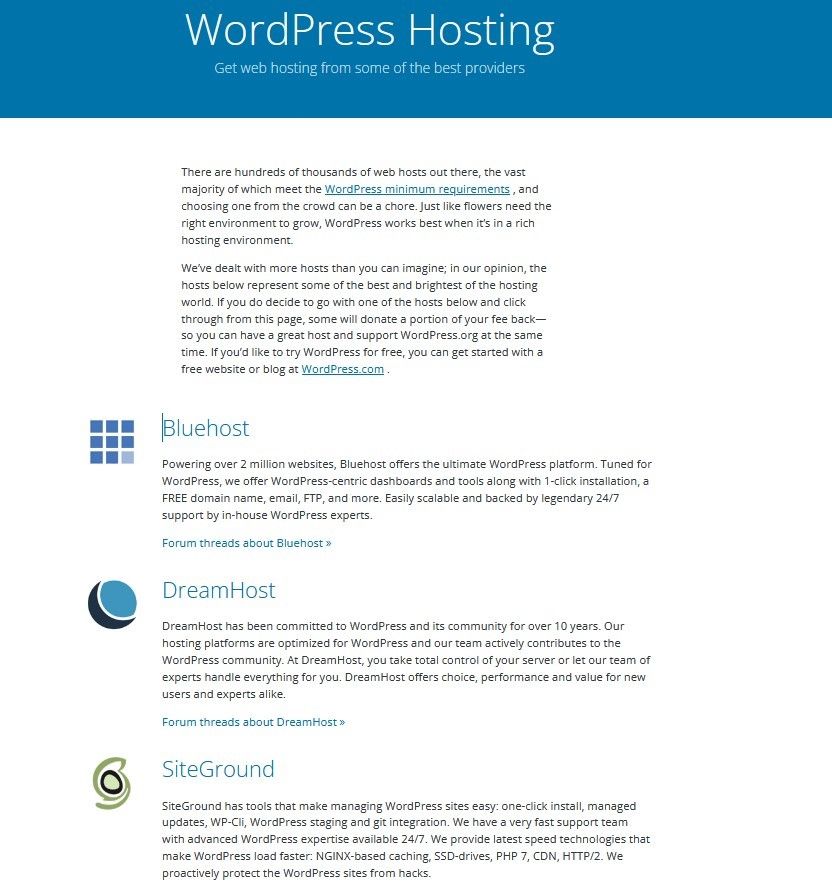
As you can see, WordPress.org and WordPress.com are two different sites. Although they provide – more or less – the same features, WordPress.org is free, while you need to pay for WordPress.com.
Now, on the other hand, a good WordPress alternative is Webflow. When it comes to pricing, this web builder offers 2 options:
- Site plans
- Account plans
The site plan can only be used once, meaning you can only use it for one domain. This includes two types:
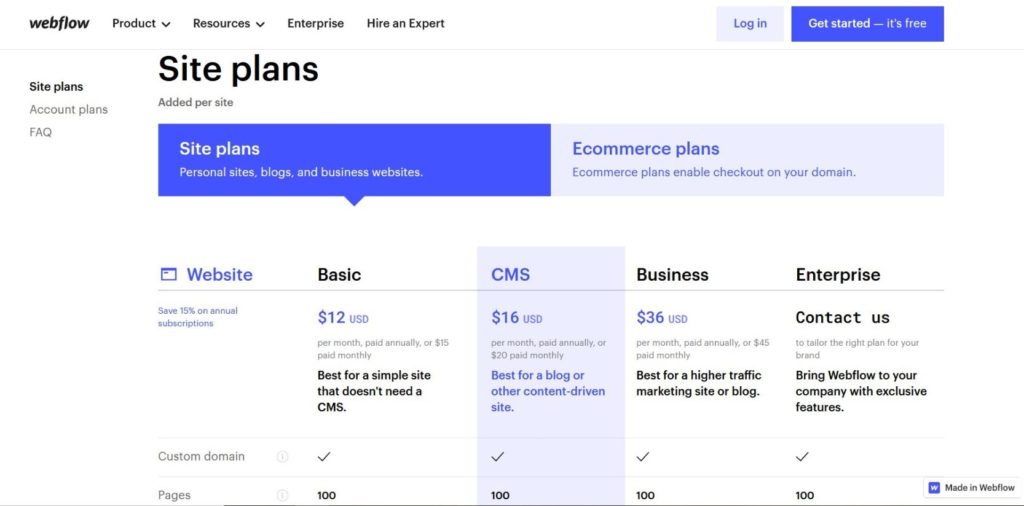
- A plan for your personal or business blog or site, which starts at $12 and can go up to $36;
- An e-commerce plan that starts at $29 and goes up to $212.
2. Webflow vs WordPress – User-friendliness:
Right after the price of a product comes the ease of use. What good does it make to have an amazing web-building tool if it’s too complicated to use? If any product is hard to navigate through, even if it is free, many would think twice before taking it for a spin.
When talking about this Webflow vs WordPress match, WordPress takes the lead by a notch.
Namely, WordPress has everything put plain and there to see – you can’t miss it! The design is quite simple, but that is what makes it user-friendly. There are no ads or other popups that would obscure your vision of the web.
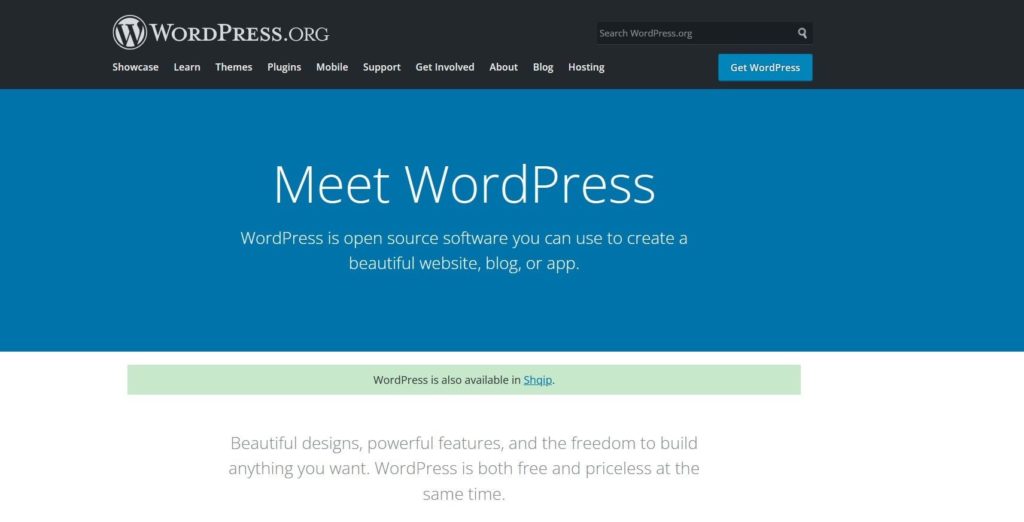
About the builder itself, there are many themes, plug-ins, and other features that you can use, a perk that makes it fairly easy to use. Plus, there is an intuitive editor that allows you to create your site using blocks.
On the other side, Webflow offers a more colorful site. There are stats and other descriptions of the web builder. It is definitely an eye-catcher! But, unlike WordPress, you might need an additional 30 seconds to find what you are looking for.
However, this doesn’t necessarily mean that Webflow is not user-friendly. Its dashboard is pretty clean and it even allows you to preview your page before being done with it. There are many templates and other features, too, but beginners might not find their way around. At least not as easy as long-time users.
3. Webflow vs WordPress – SEO
Today, SEO is what brings life to any online page. So if you want your page to rank higher on the search engines, you’d naturally want a web builder that is SEO-friendly.
In the battle of Webflow SEO vs WordPress, we can safely say that both are working well in this area.
Almost everyone knows about WordPress so this web builder does great with search engines. You can create URLs, edit text on images, add tags to your posts, etc. But, to add the icing on the cake, WordPress allows SEO plugins, which can maximize your SEO experience.
Switching from WordPress to Webflow now, you can only use the built-in SEO feature with Webflow. You can work on your meta description, title tag, or URL, and you can even edit the look of your posts on your blog.
Moreover, with Webflow, you can redirect your blog posts – meaning you can change the location of your post with a simple click – take it to your social media account from your blog or vice versa! However, to get the full experience of this SEO feature, you’ll need to upgrade your plan.
4. Webflow vs WordPress – Templates:
The good thing about web builders is that they let you be a designer at the same time. Yes, your end result might not look as good as when a professional does it, but having built something on your own gives off a feeling of productiveness.
So, because you are the one that brings life to your site, you’d naturally want it to be the best. And for it to be the best, you’ll need a template that would be just what you’re looking for – or at least the closest to it.
This means that web builders that come with a huge arsenal or templates are better liked than the rest. With Webflow or WordPress you don’t need to worry about this. They are both equipped with a lot of designs, templates, and themes that would surely fit your needs.
WordPress offers you more than 9.000 free themes that you can choose from for your website. And the best part is that they are also mobile-friendly, meaning that your blog or page would immediately adapt to the mobile device.
And if you can’t find a theme that you think would present your page in the best light, you can always find additional tools or plug-ins. With such features, you can create your own theme and build your page up from there!
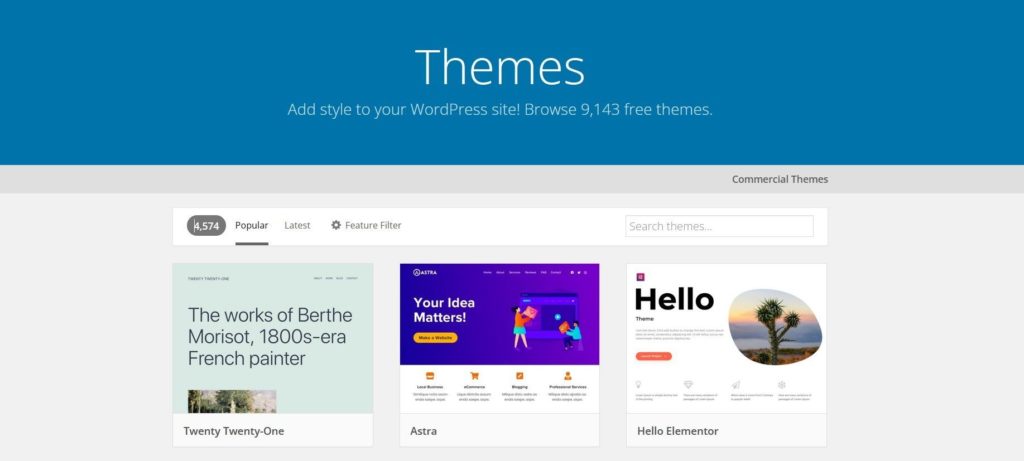
Webflow also offers an extensive list of templates that you can use. They too are mobile-friendly, but the difference here is that in Webflow you can only choose one template and you can’t change it afterward.
Simply put, if you change your mind about a certain template you’ve used, you will have to create a new project and then pick a new template. But on the other hand, Webflow is great as a designing tool, so once you choose your template, you can play with it and create something extraordinary!
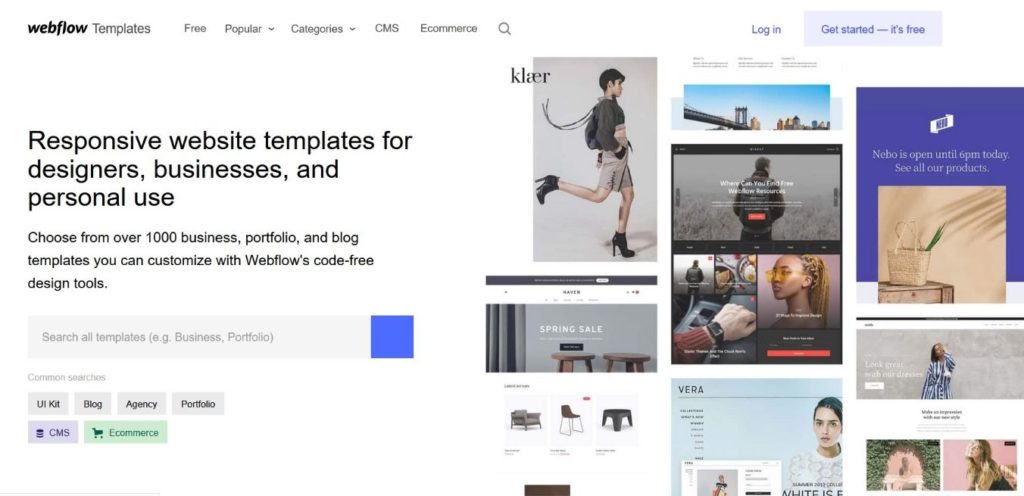
5. Webflow vs WordPress – Extensions to the Platform:
Webflow or WordPress both have many features that work to their advantage.
However, sometimes you may need something more, like an additional tool that would let you create your own template when you don’t like the ones already given.
In these cases, we’re talking about a plug-in. Plug-ins or add-ons are accessories that can be added to your already existing pile of features on your web builder. Think of them as apps that can open up new possibilities for you.
WordPress has a long list of plugins – more than 59.000 free ones! Imagine if you add the ones you need to pay for as well! You practically have endless options to make your page the best!
All of them are divided into groups which makes it easier for you to browse through and make your pick. You can look around the block-ended plugins, popular plugins, beta plugins, or featured plugins.
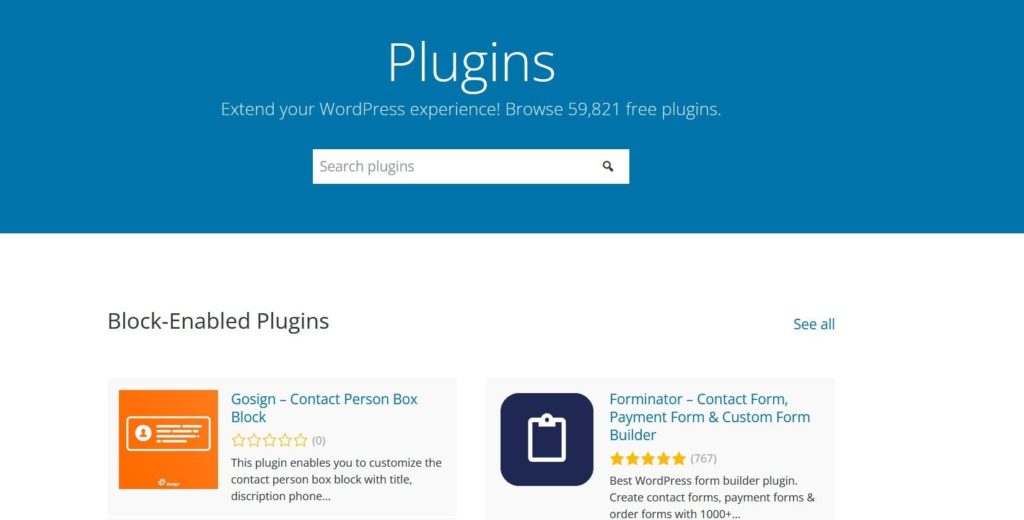
When it comes to plugins, Webflow doesn’t offer any.
Unlike WordPress that offers you many opportunities to change your website and add any other feature that you’d like to it, Webflow lacks in this area.
However, there is still the ability to integrate a code into your site. This way you can add a live chat or any other feature you think your site should have.
6.Webflow vs WordPress – E-Business:
This refers to e-commerce or better said your online store. Mostly, people build websites so that they can sell their products. And to be able to sell their products or get into the e-commerce world, their web developer should be familiar with all that’s trending at the moment.
Simply put, people want a web builder that can also provide them with a stable e-commerce platform.
When we compare Webflow vs WordPress, there is no doubt that both offer an e-business feature.
WordPress provides this feature through a plugin. Namely, it uses the famous WooCommerce plugin. With this plugin, you can create your own e-store. Moreover, it also offers other plugins that’ll help you with fully equipping your online shop – from themes to payment methods!
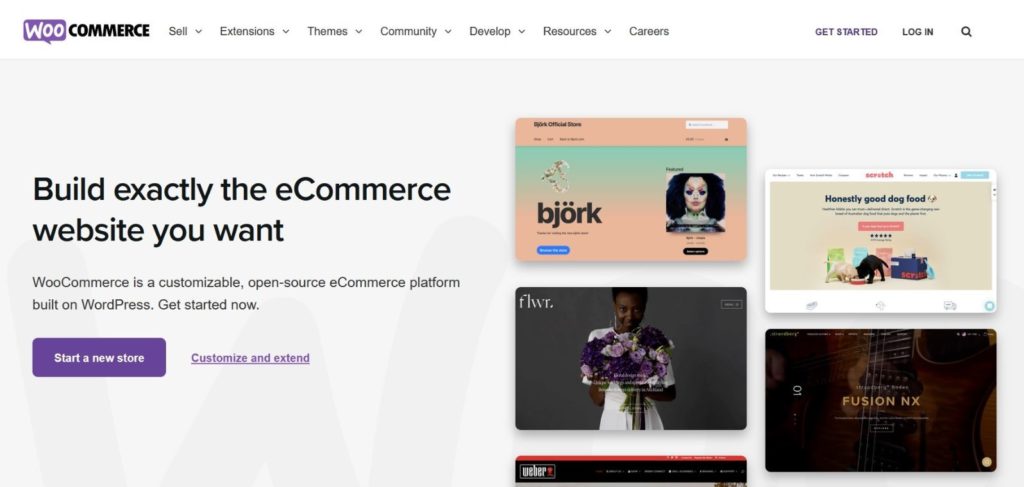
Webflow, however, works in a different way. It has the e-commerce feature as part of its plans, which means that you can sell as many products as your plan allows. The basic plan gives you the ability to sell 500 products.
Moreover, there is only one payment method here – Stripe. Plus, remember that aside from the fee you pay to Stripe, Webflow takes a 2% fee for every transaction you make.
7. Webflow vs WordPress – Customer Support:
Everyone needs a helping hand every once in a while, and that goes for web developers, too. Luckily, customer support is always there to solve any problem that you may have with their product or service!
Considering that WordPress is online software, there is no traditional customer support. Instead, there is a Support tab that provides you with all the information you need to know about installing and using WordPress.
Plus, you can always find online support on any social media!
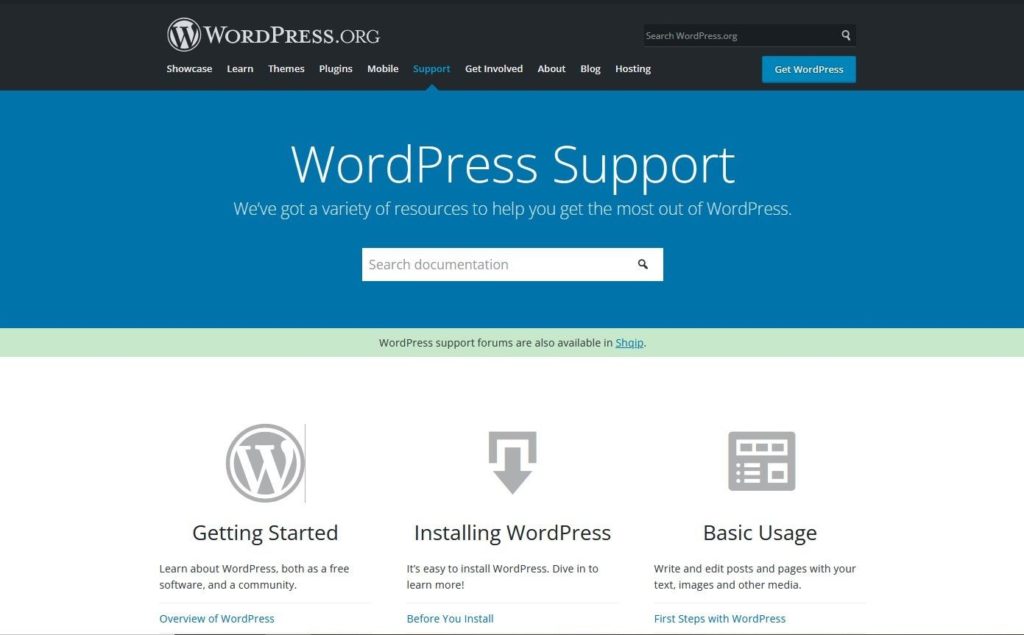
Webflow offers e-mail support which says to provide answers within 1-2 business days. And if you can’t wait, you can always check the FAQ section on their website. Moreover, this part of the site – Webflow University – features articles and tutorials that can help you when there’s no time to wait.
Webflow vs WordPress: Final Thoughts
Although WordPress is by far the most widely used website builder – around 43% usage by all websites – some still turn to Webflow. In 2021, more than 480.000 sites were made with this builder. Looking at this comparison, we have to ask is Webflow better than WordPress?
We don’t think so. In almost all categories mentioned above, WordPress is a step, if not more, ahead of Webflow. It is a platform that is not only free but offers the same things and more than the other similar tools for which you’ll need to pay.
So, in the battle of Webflow vs WordPress, WordPress takes the win!


